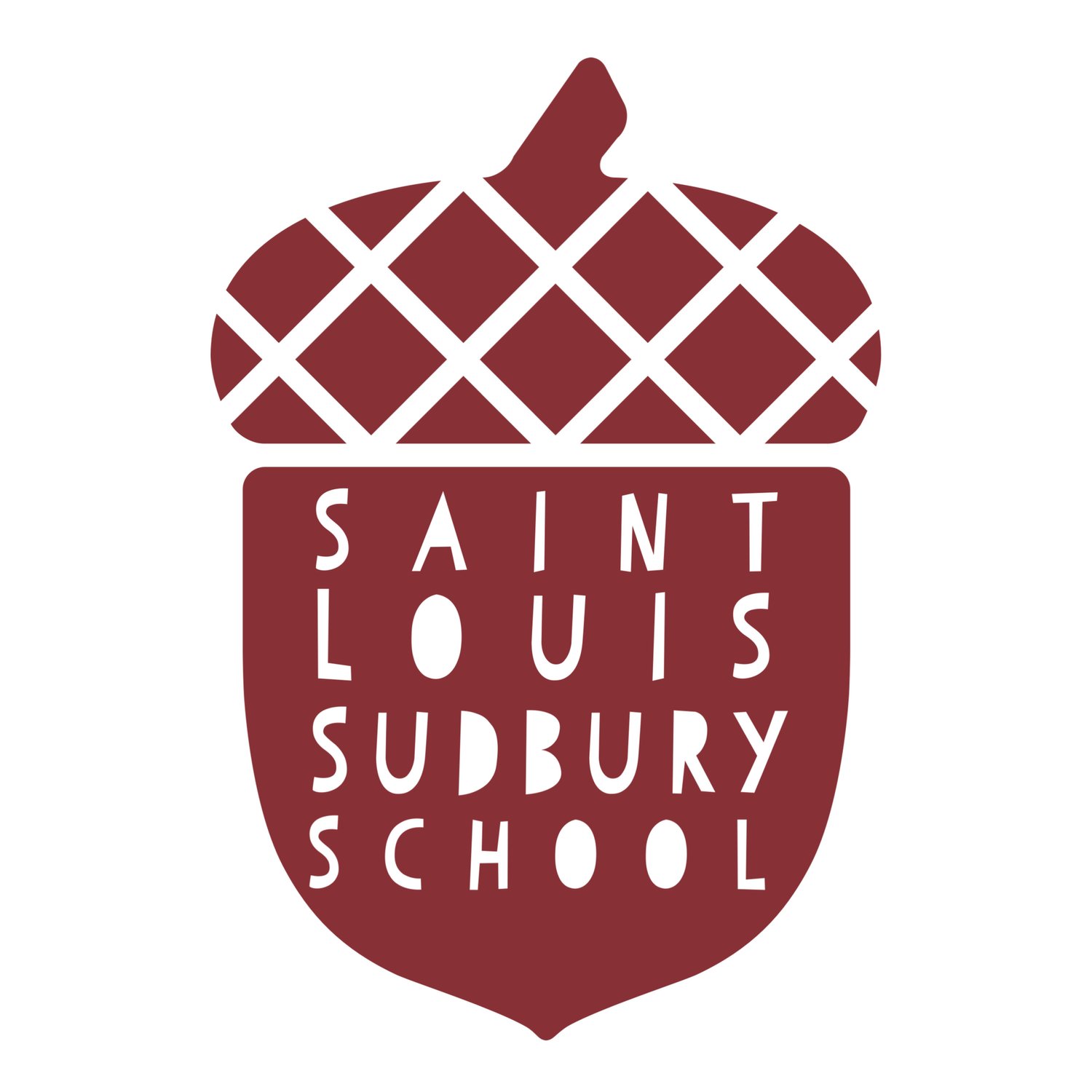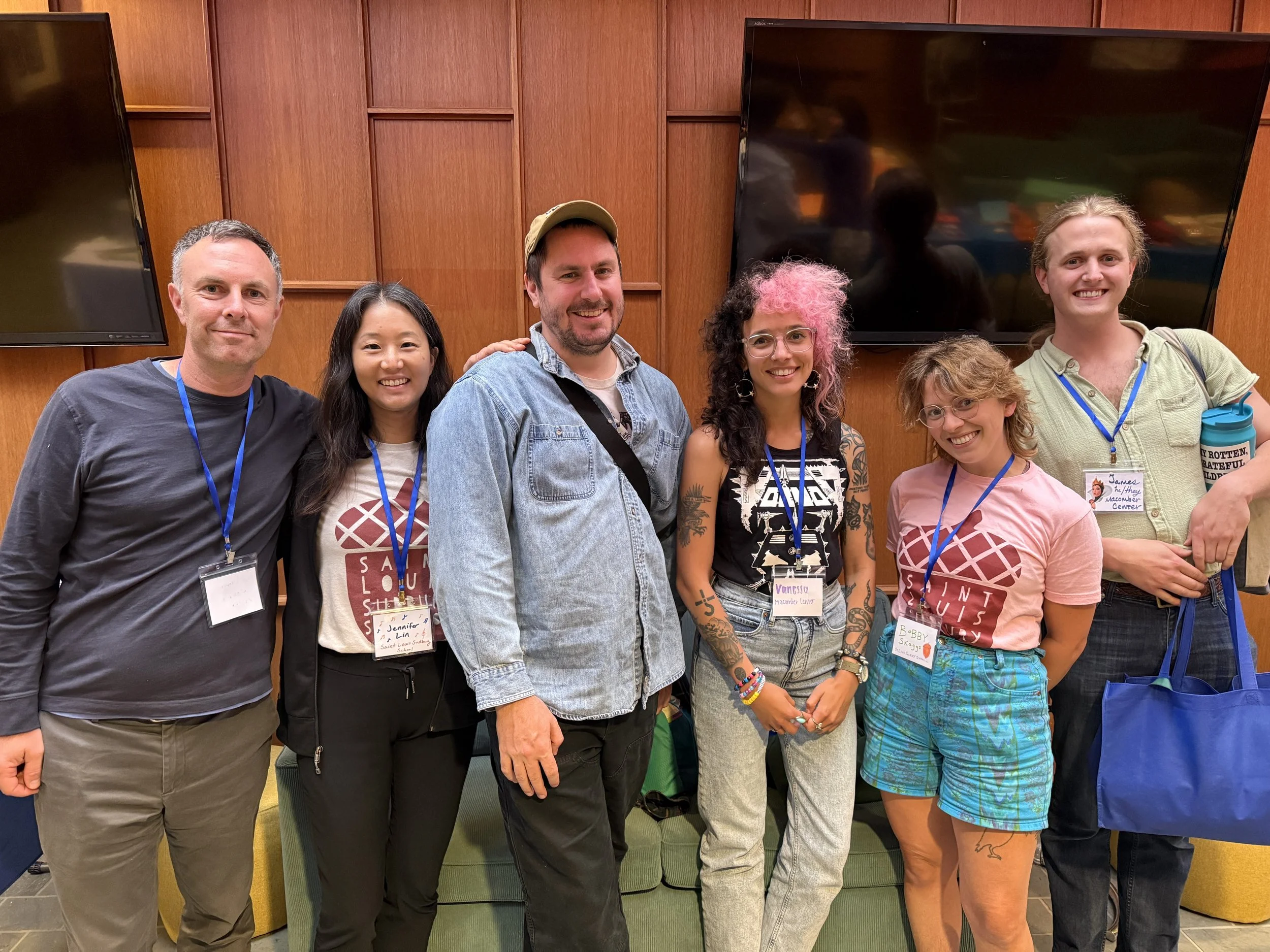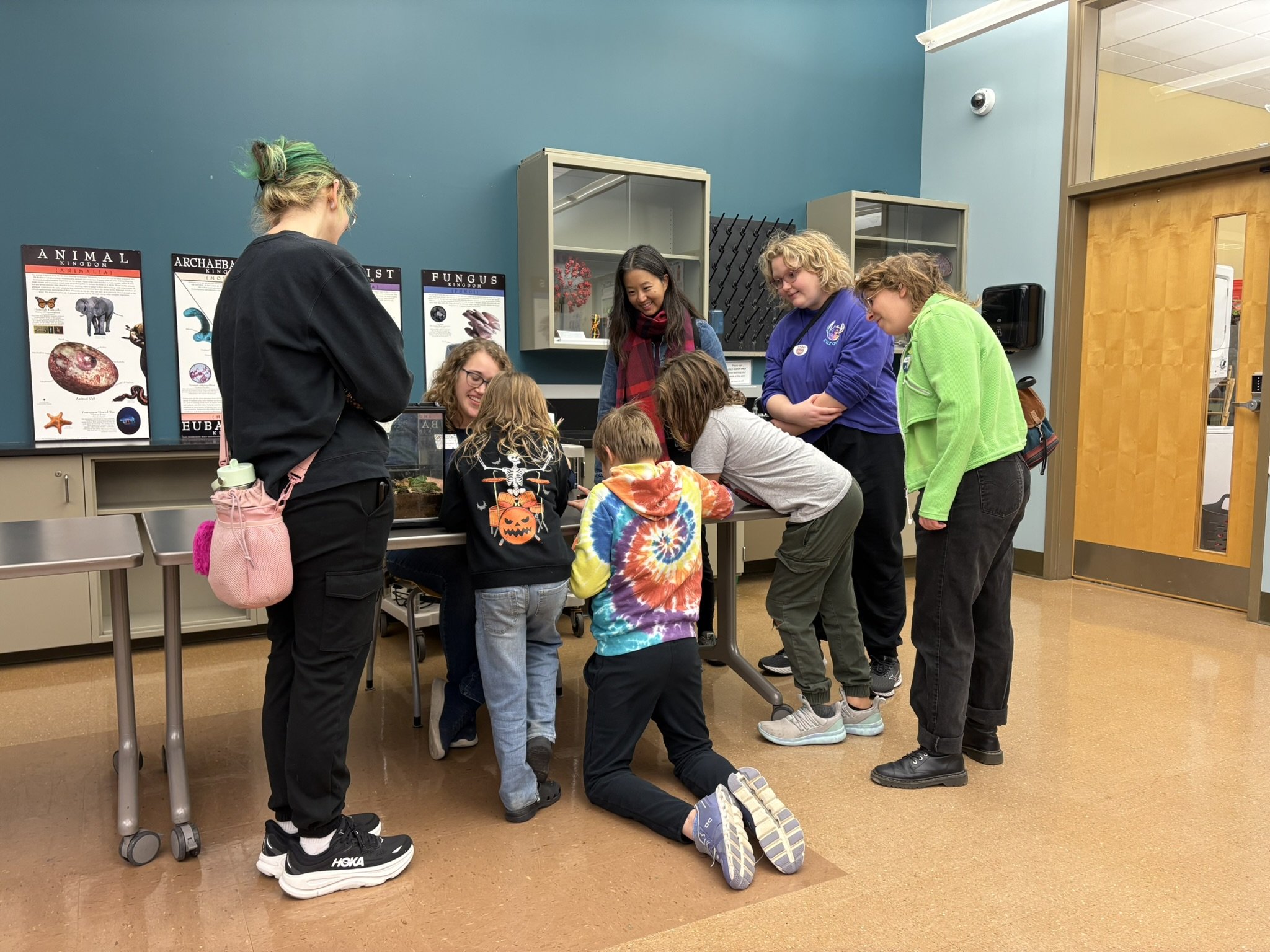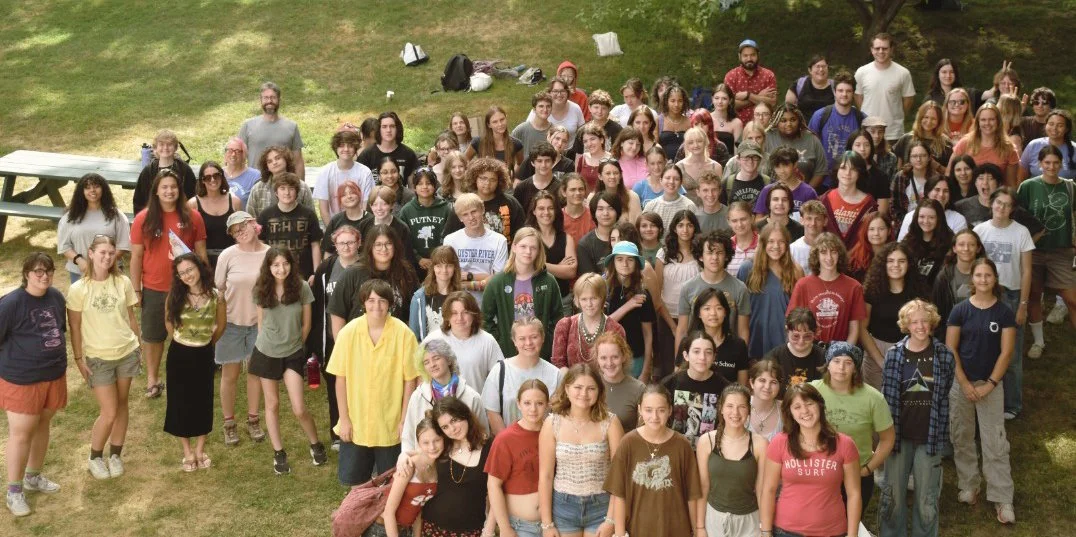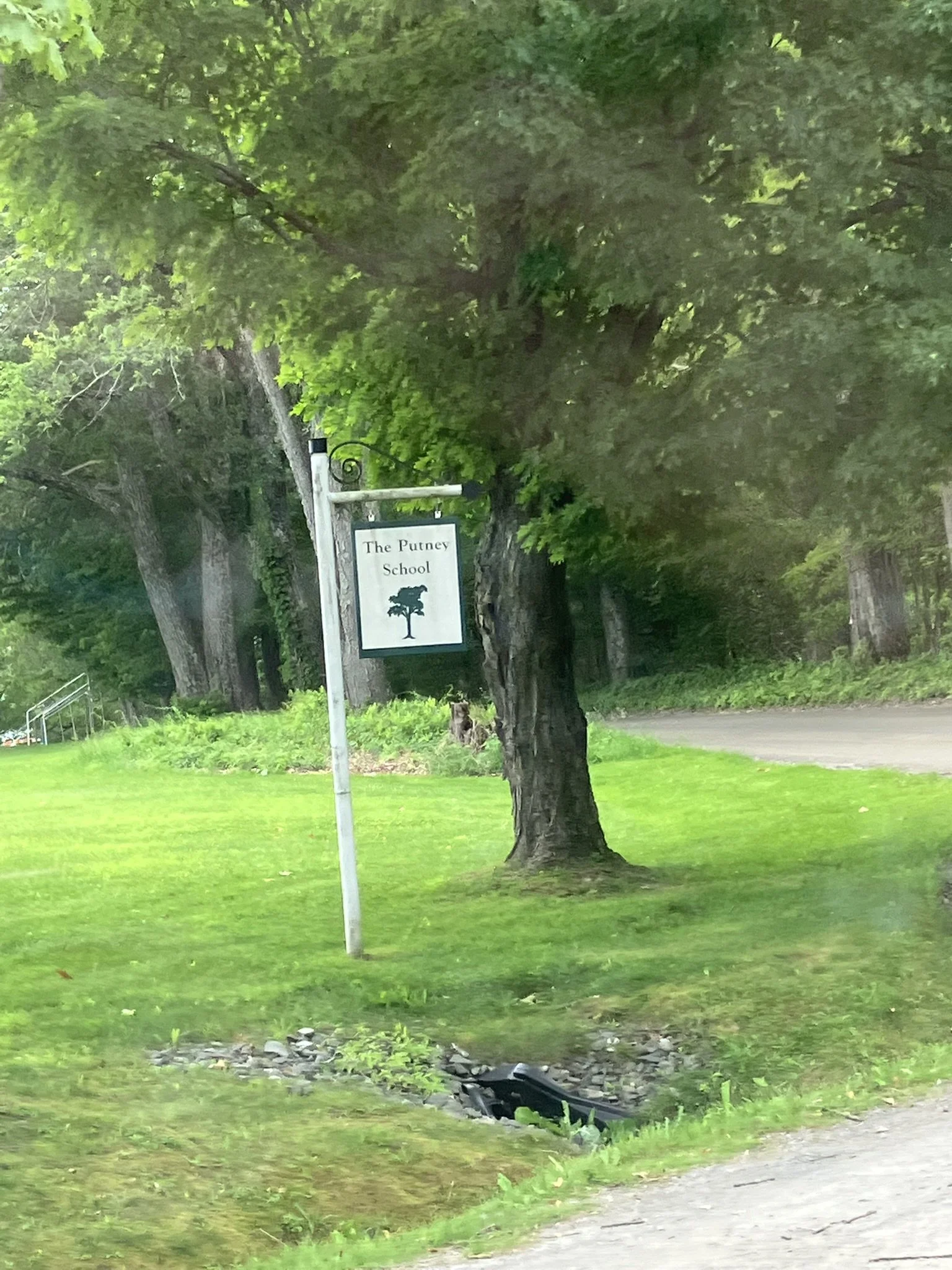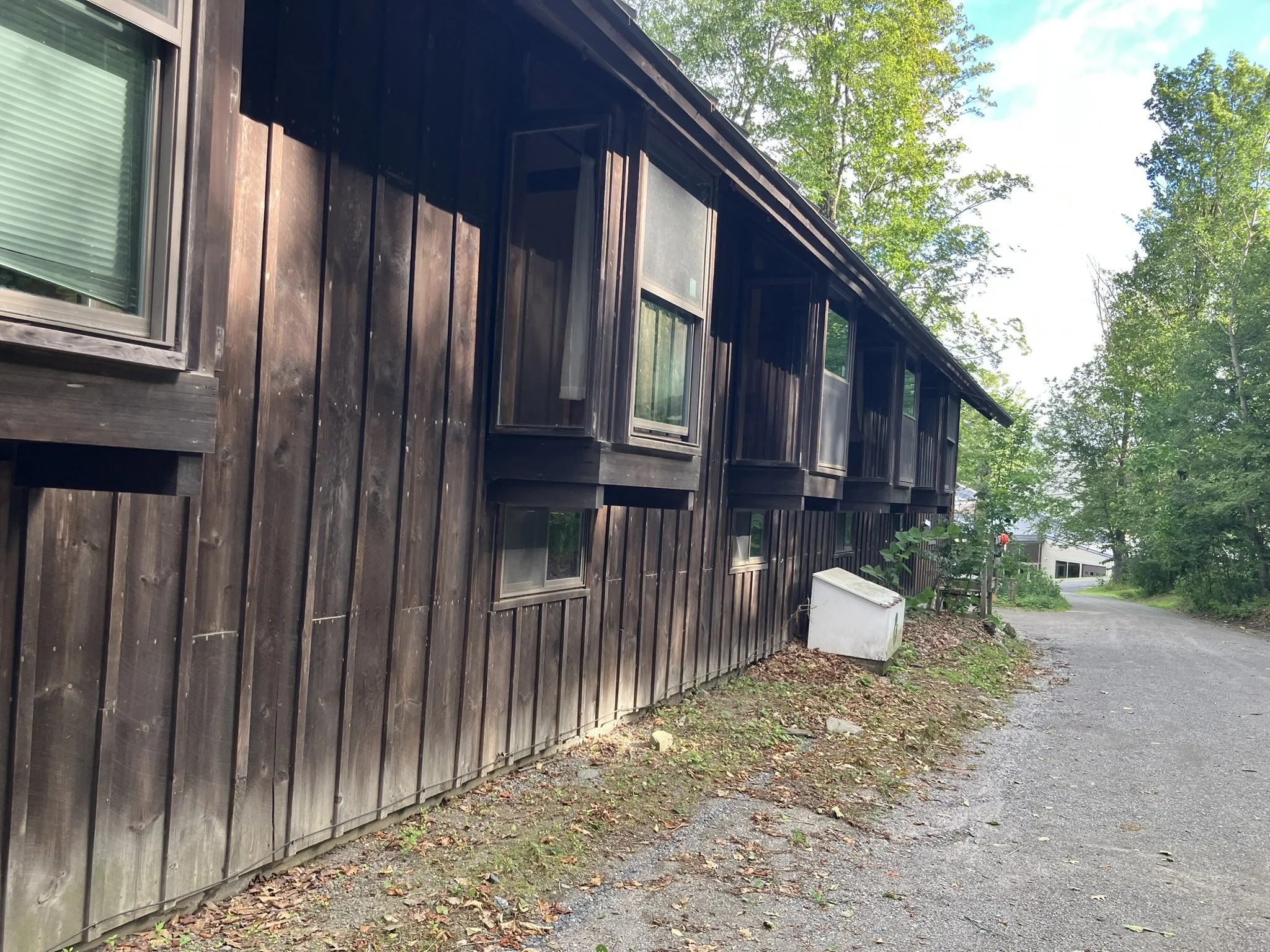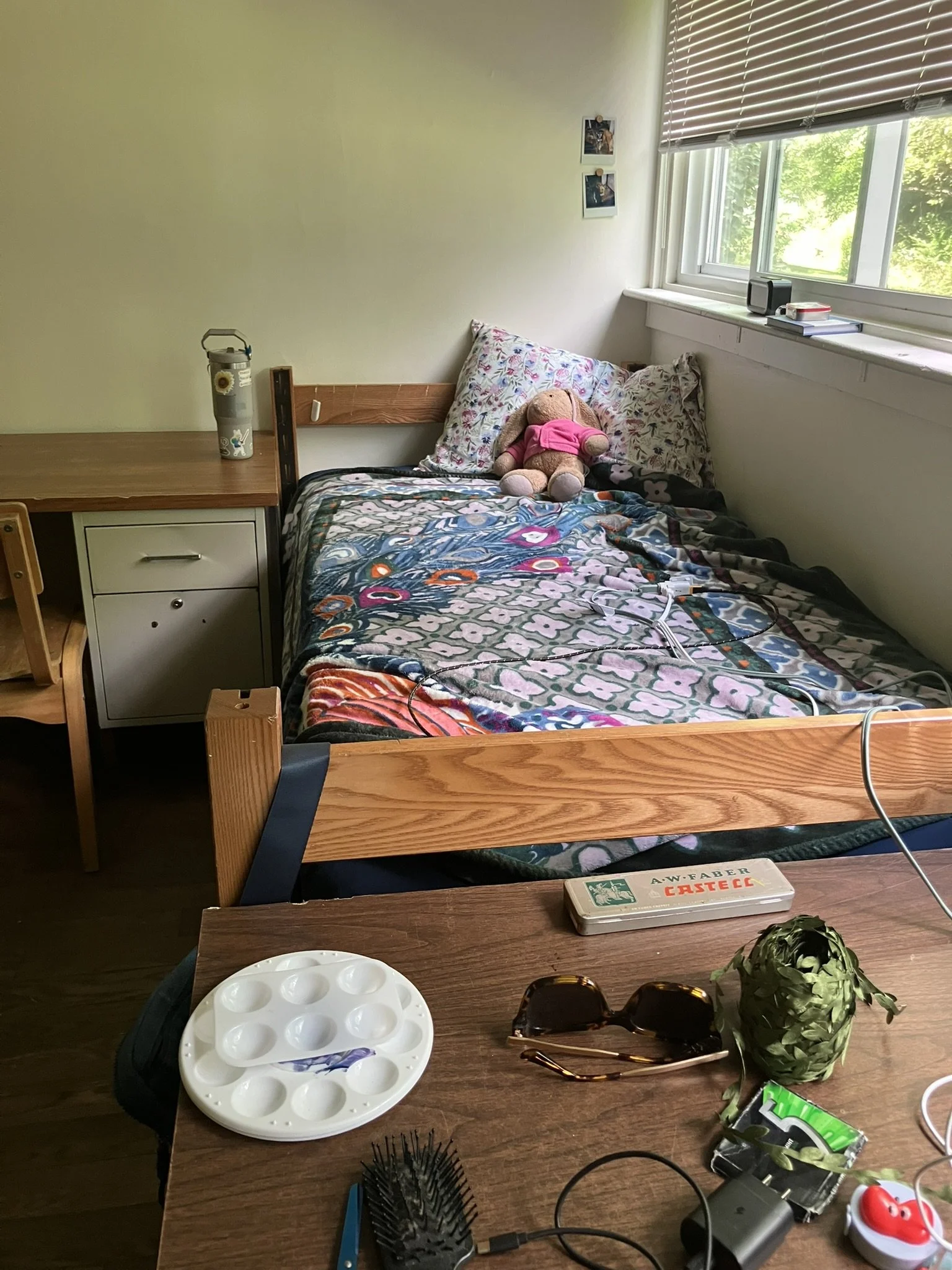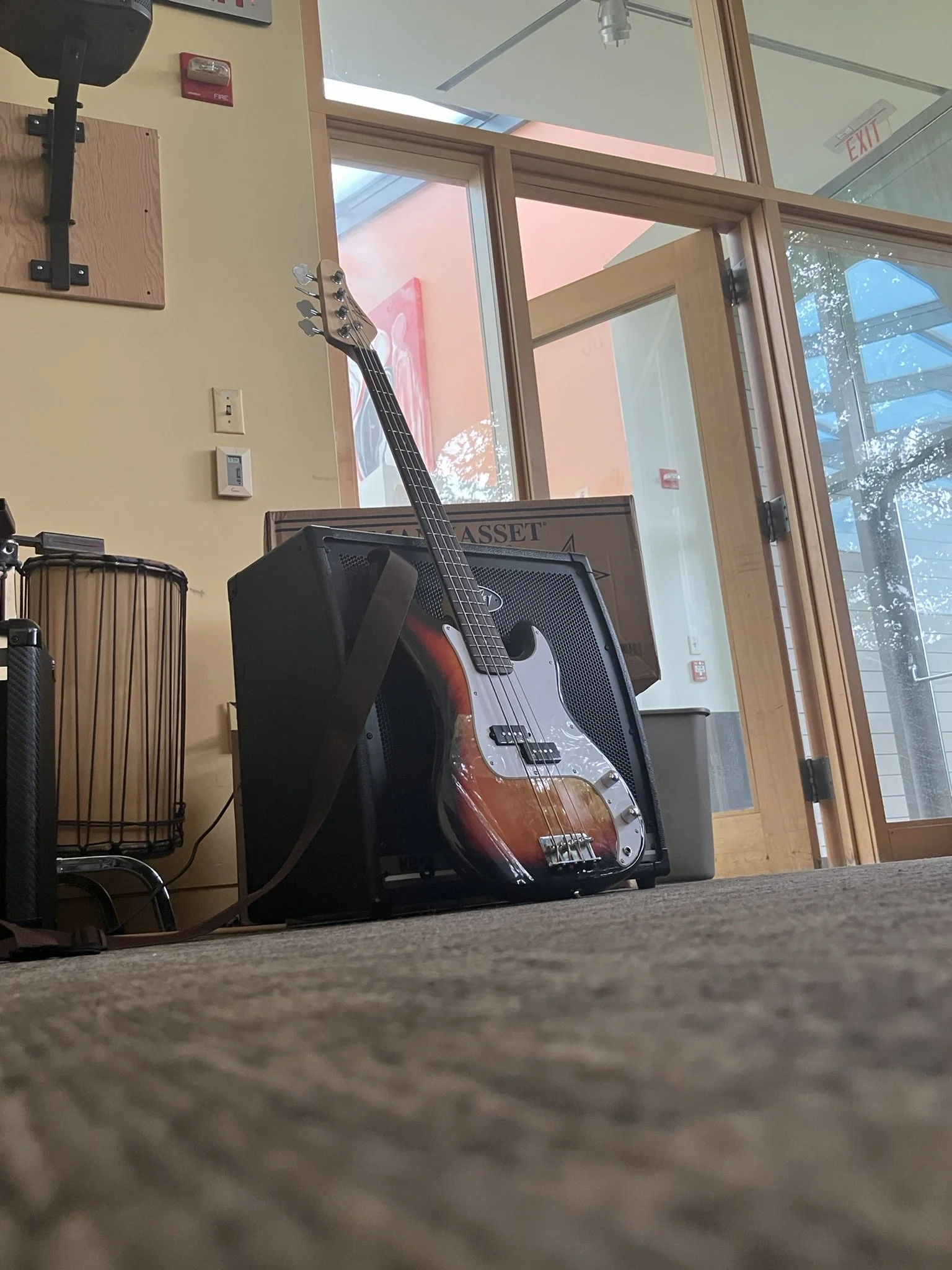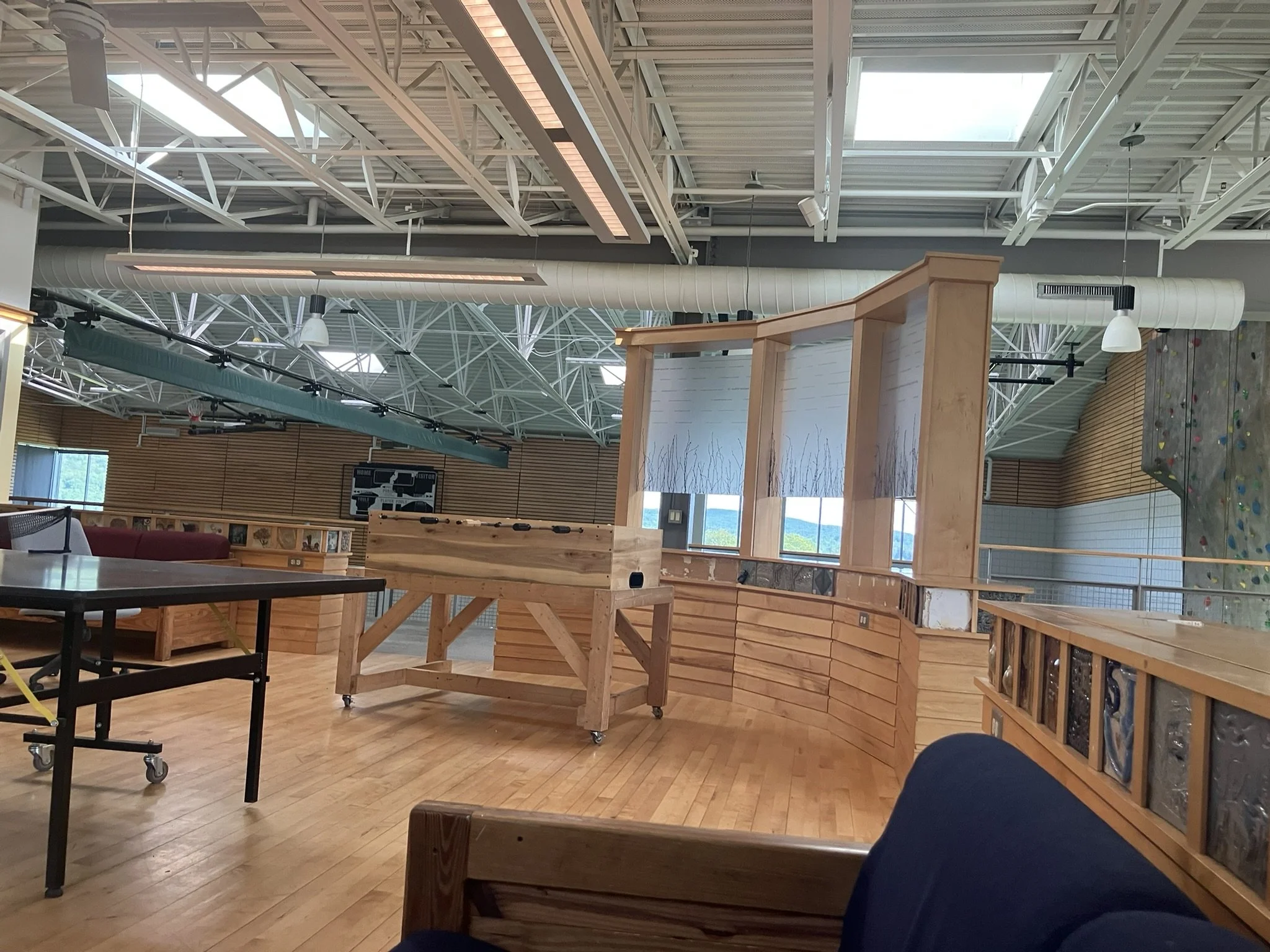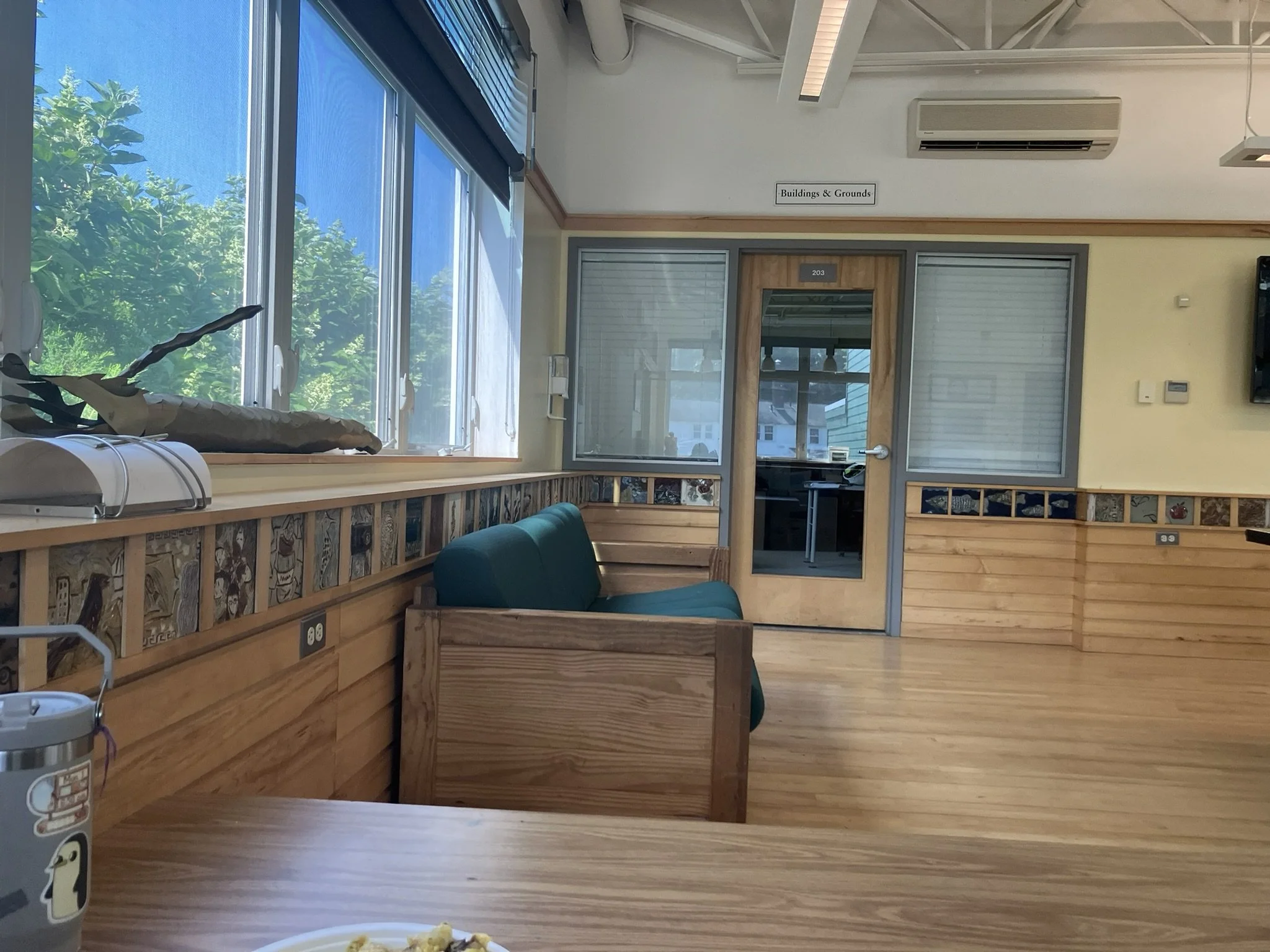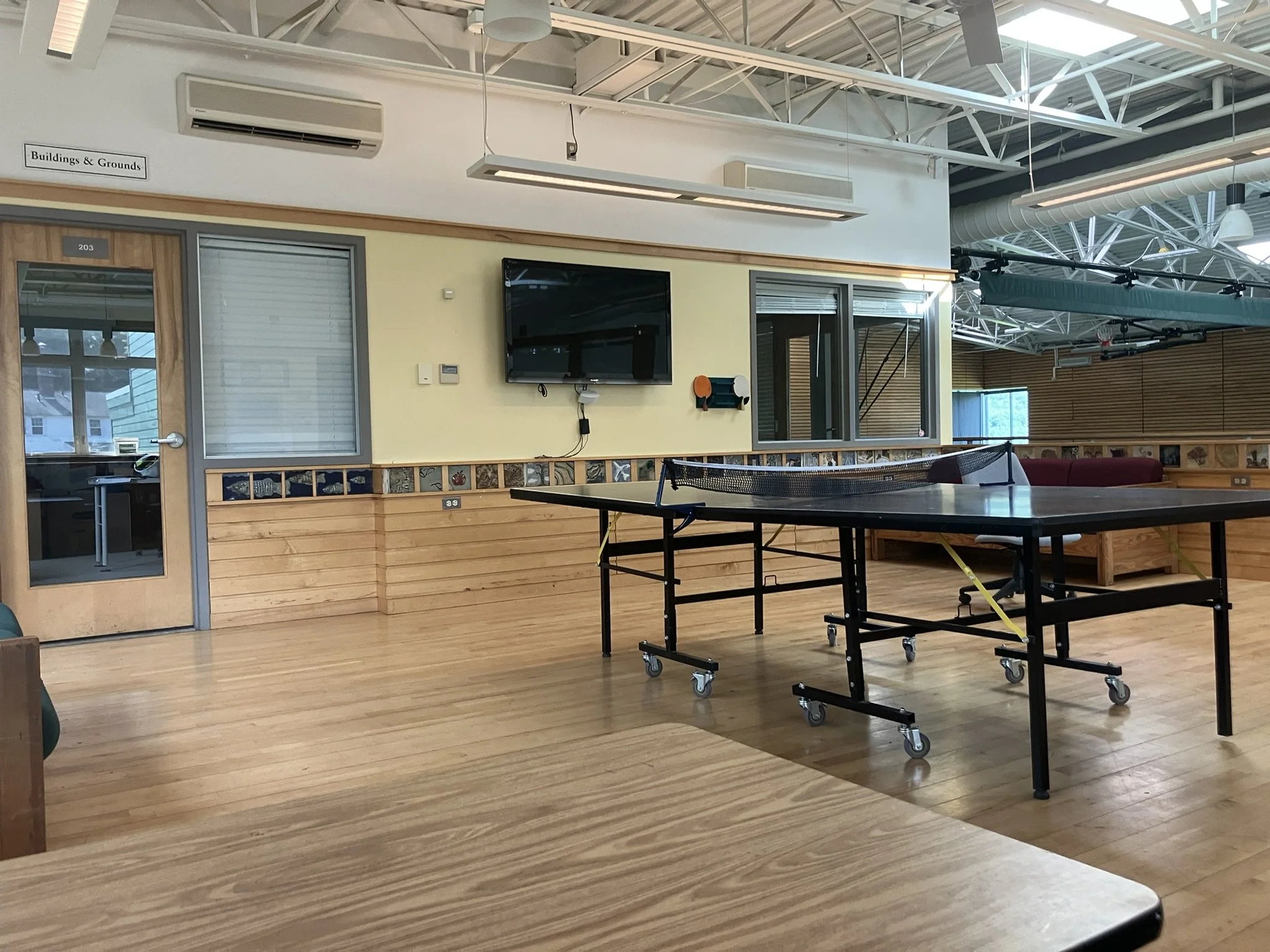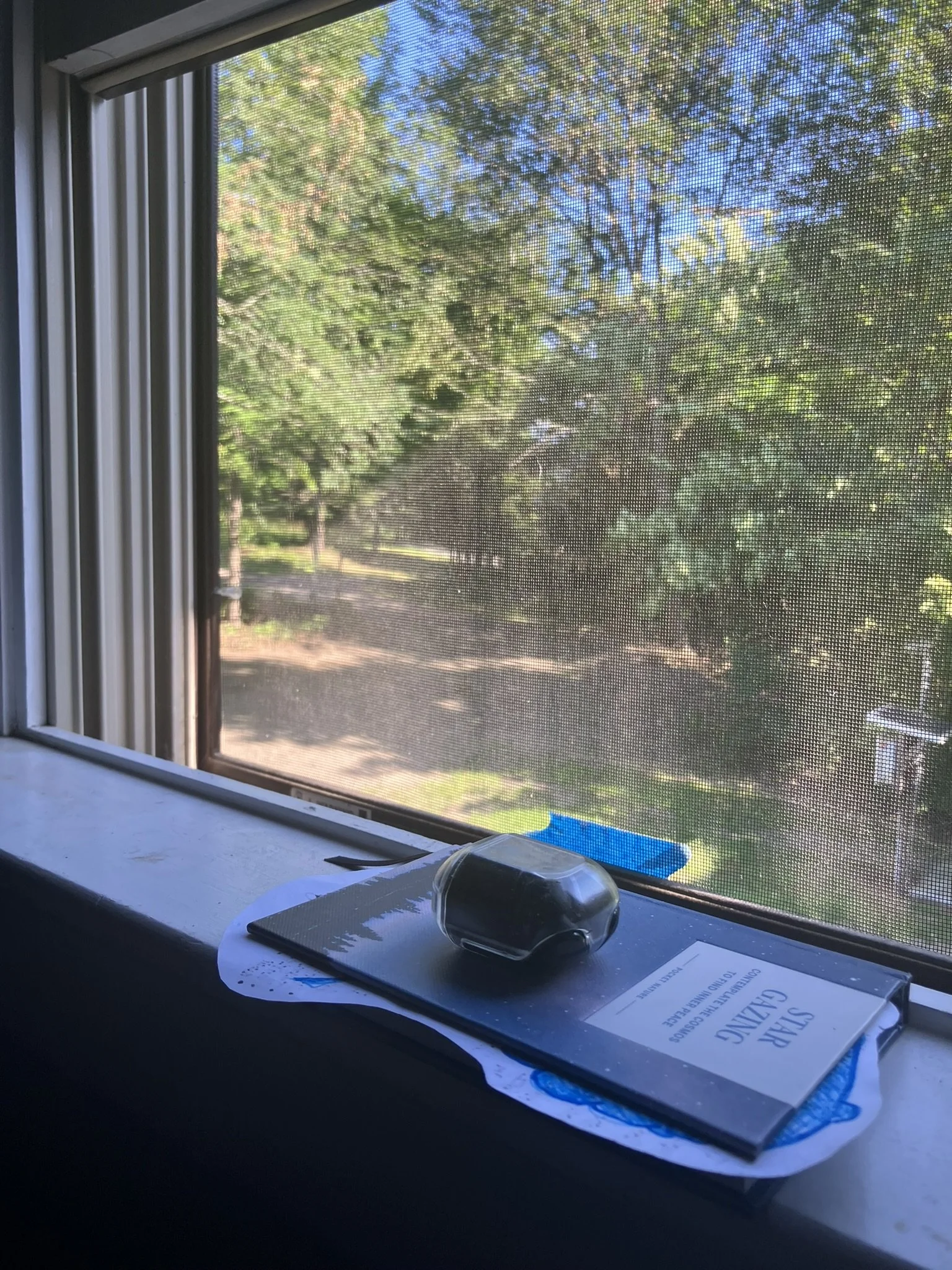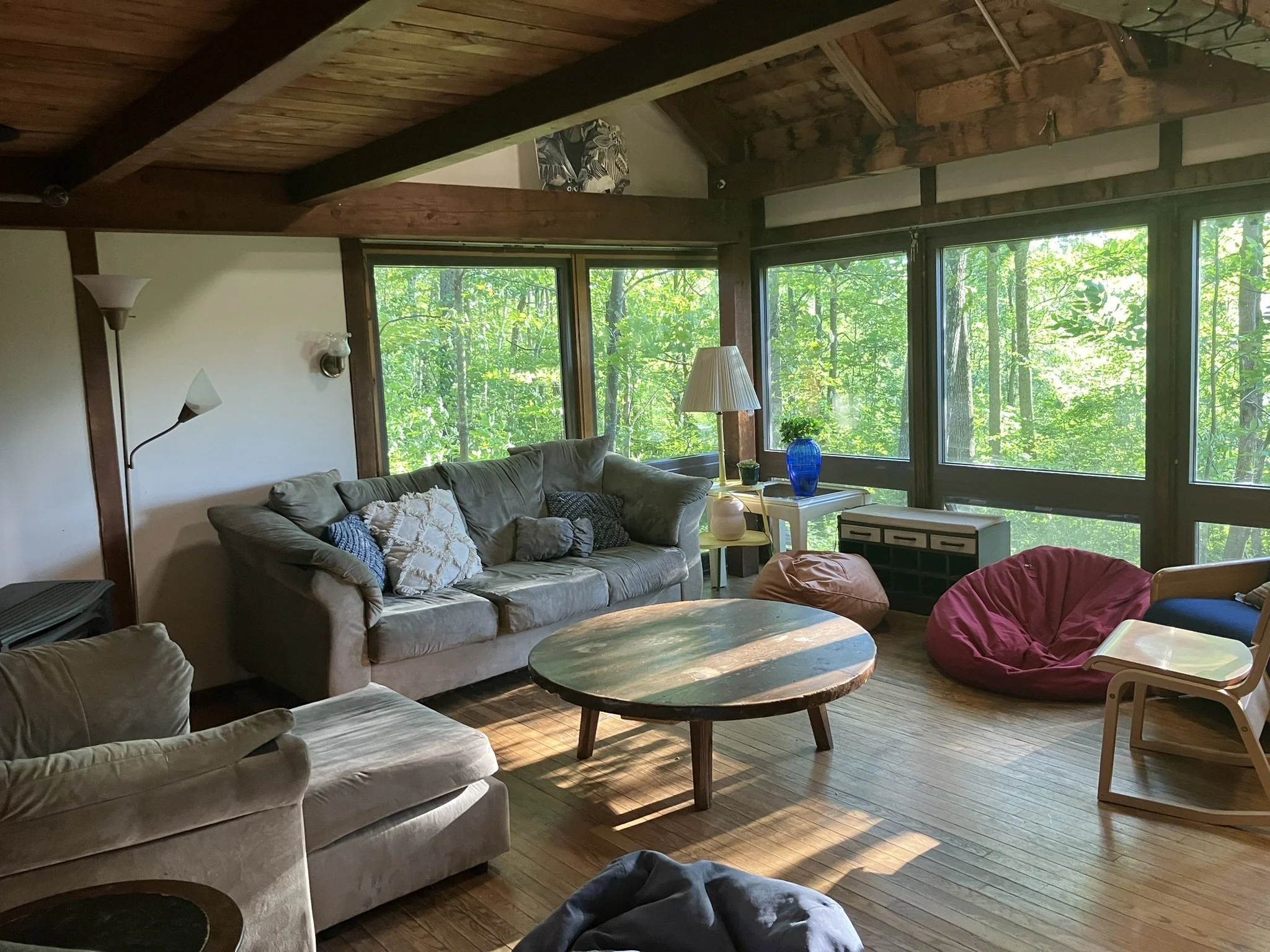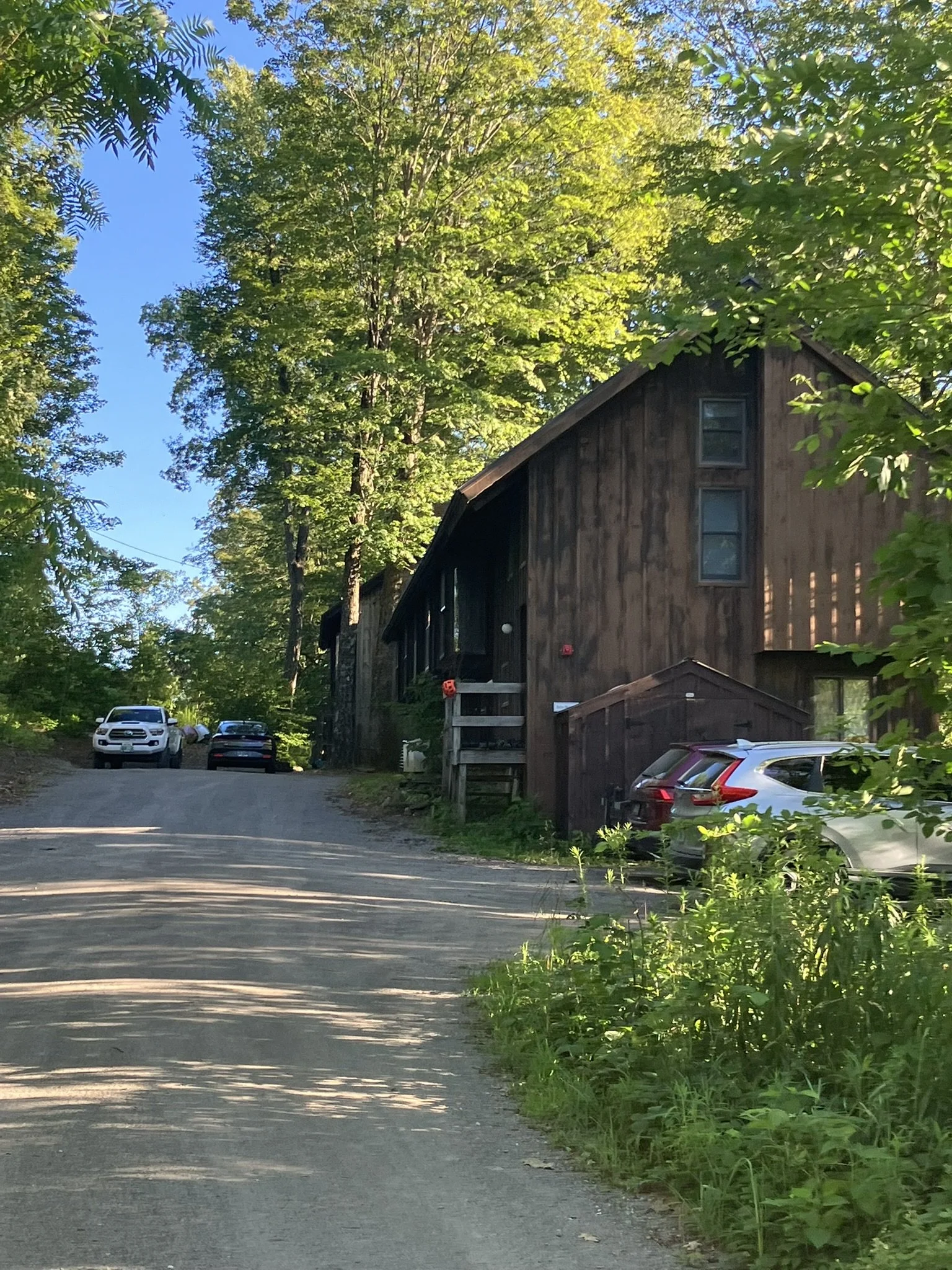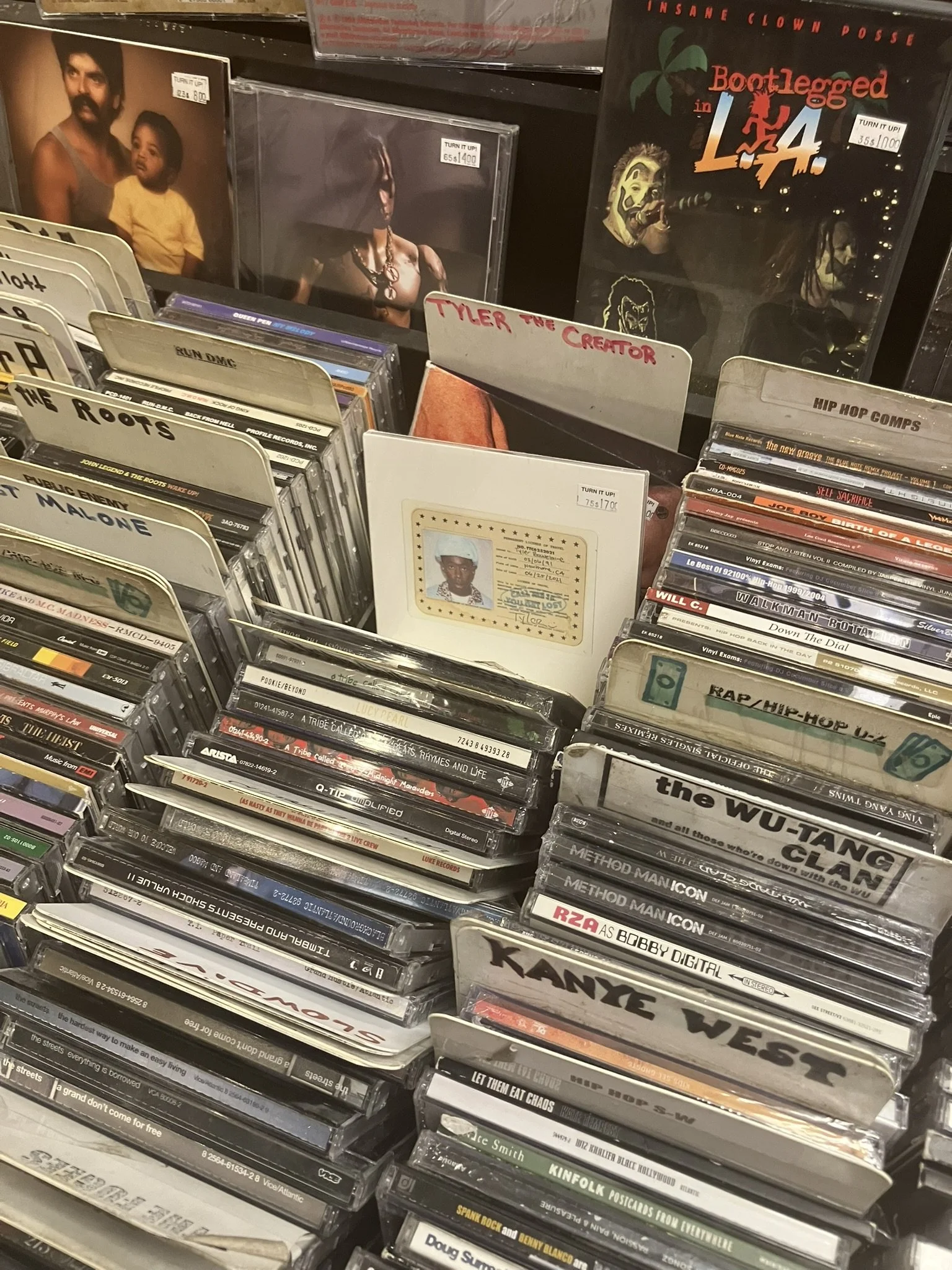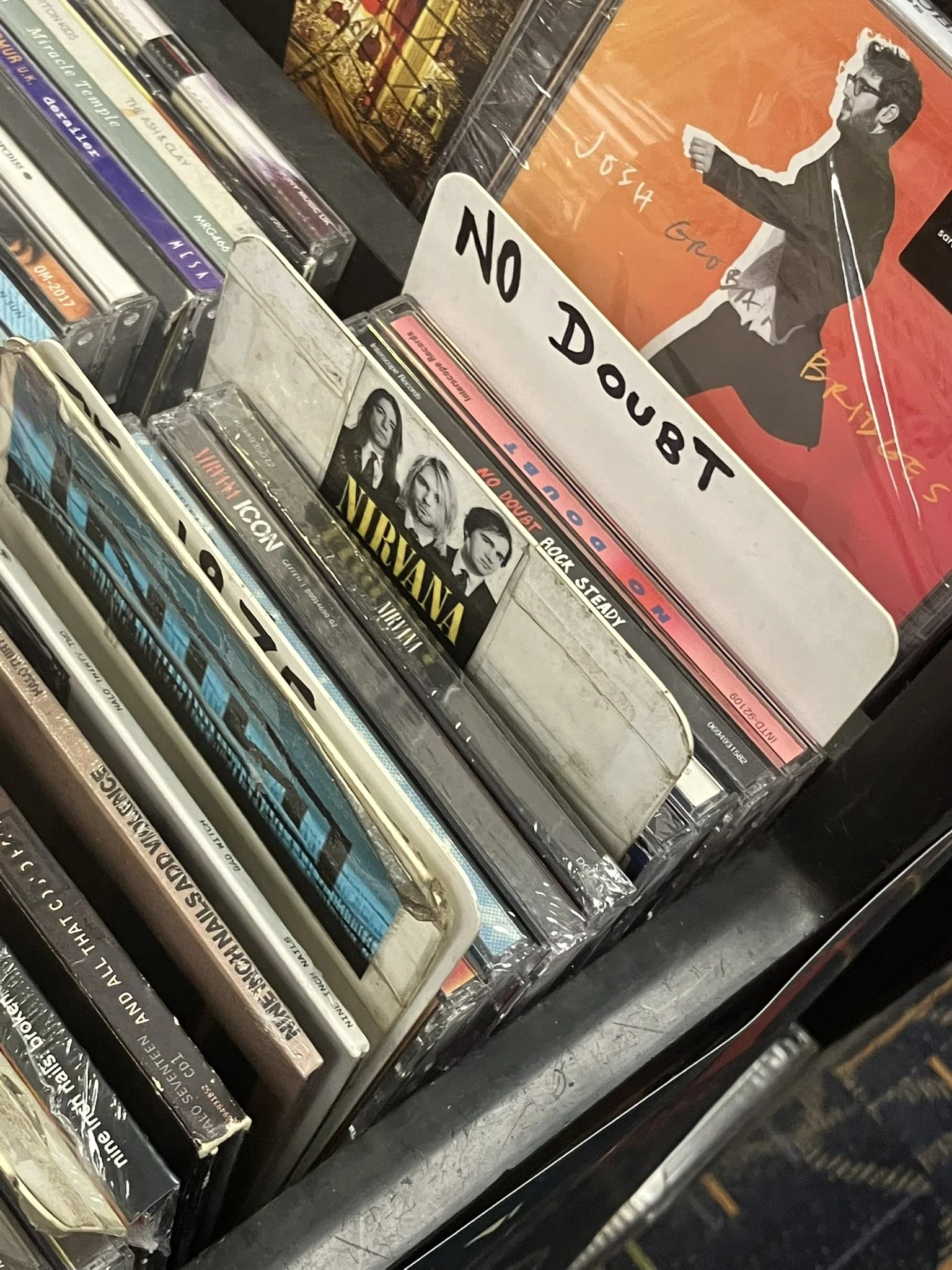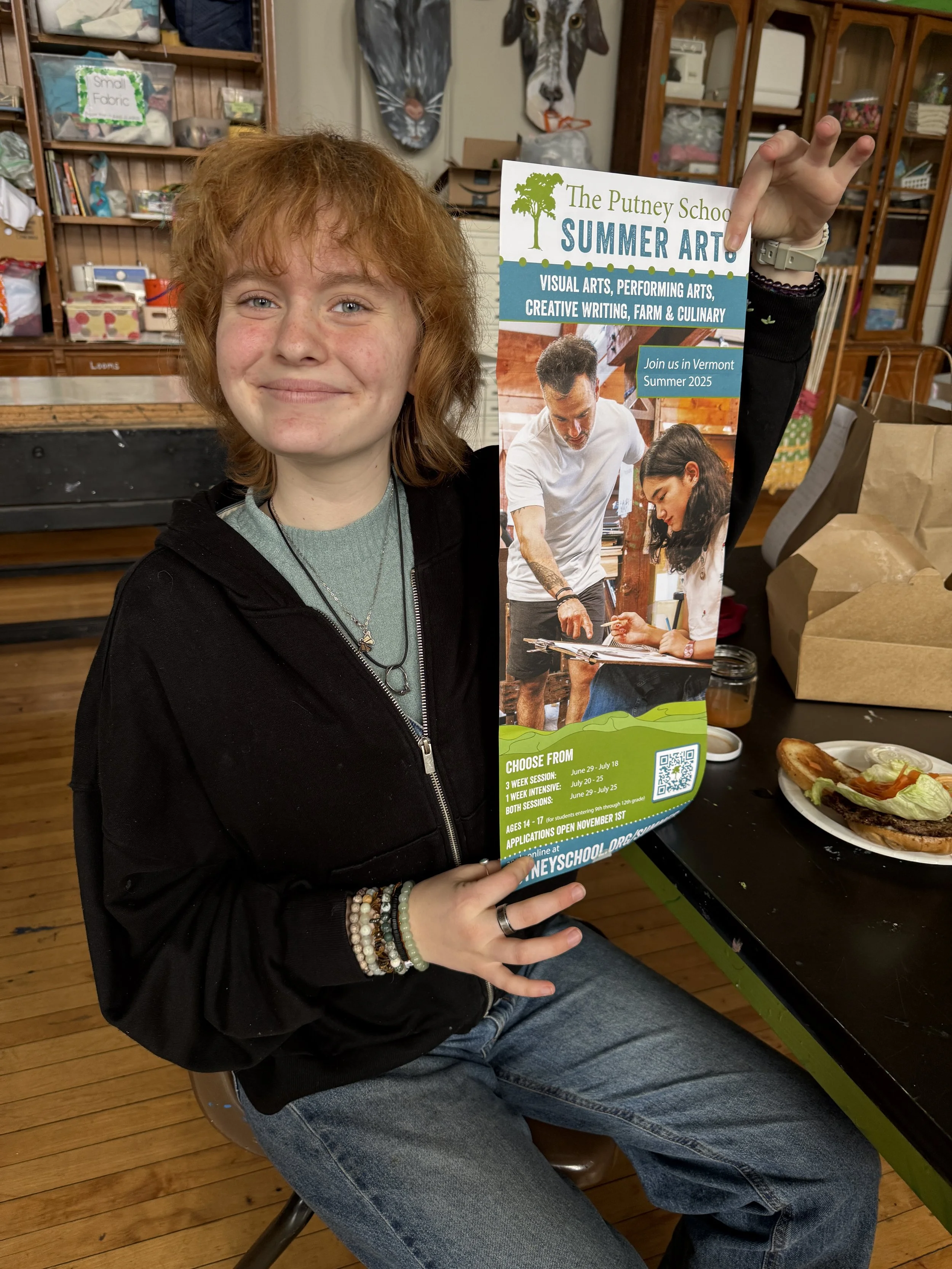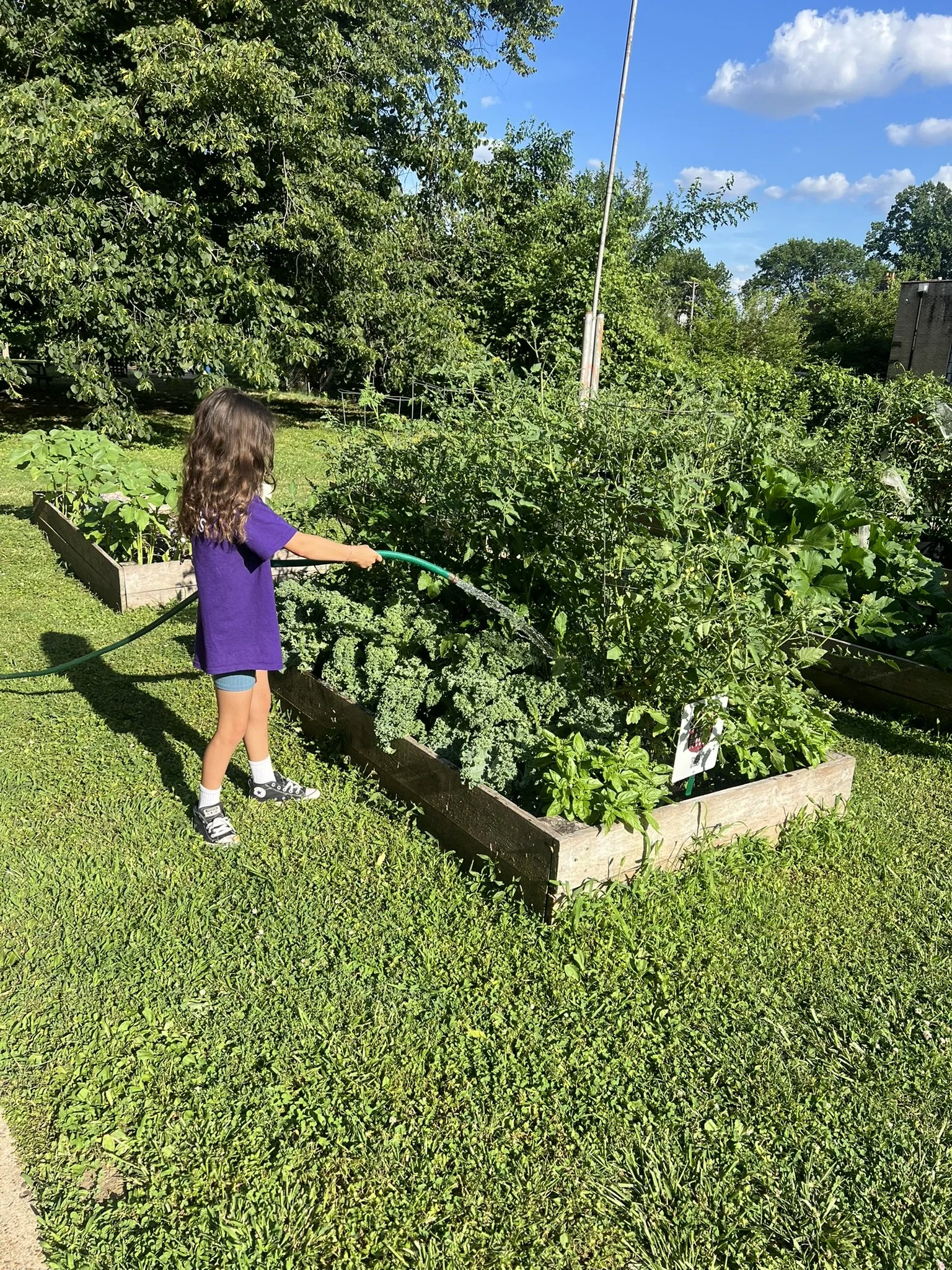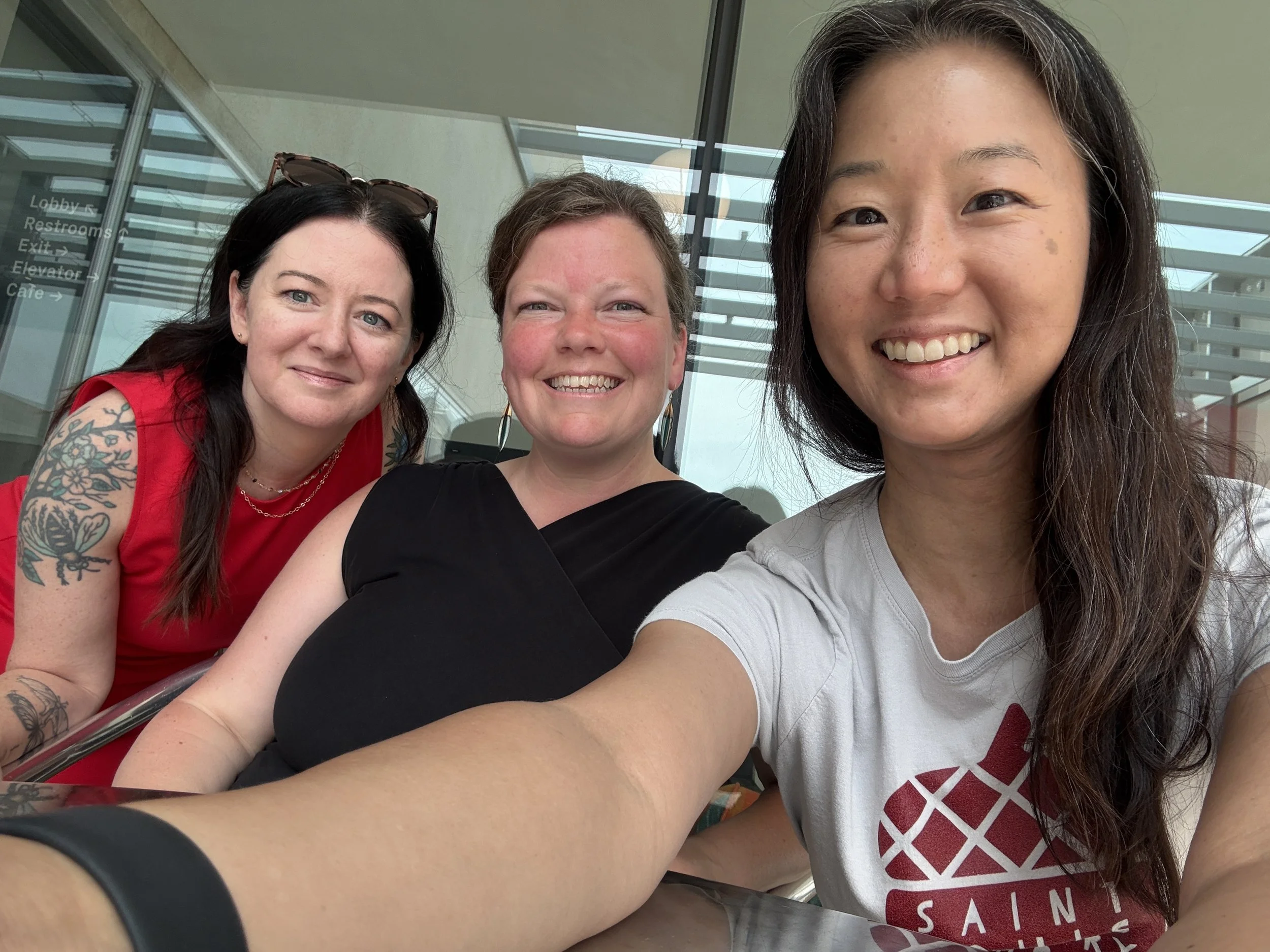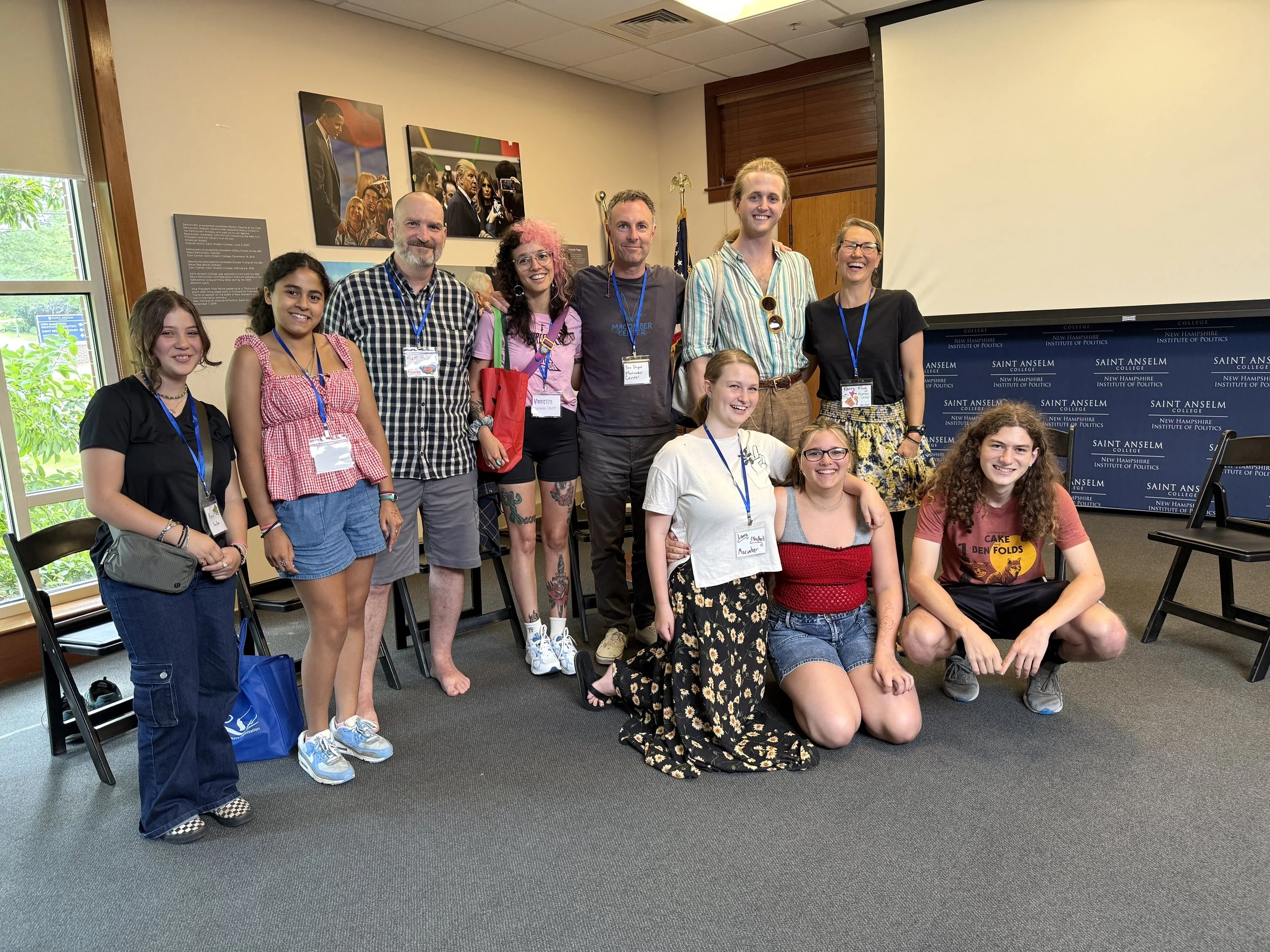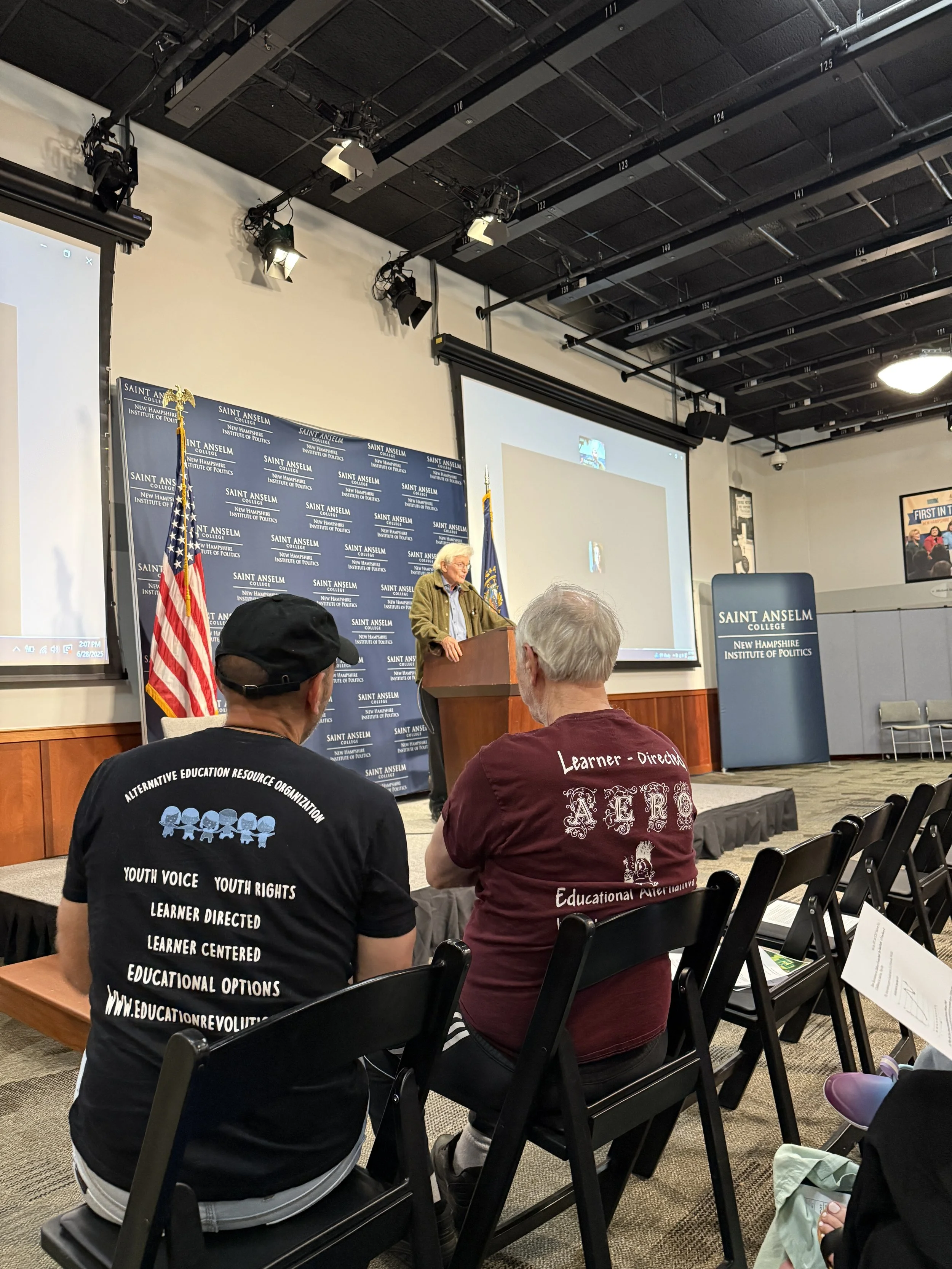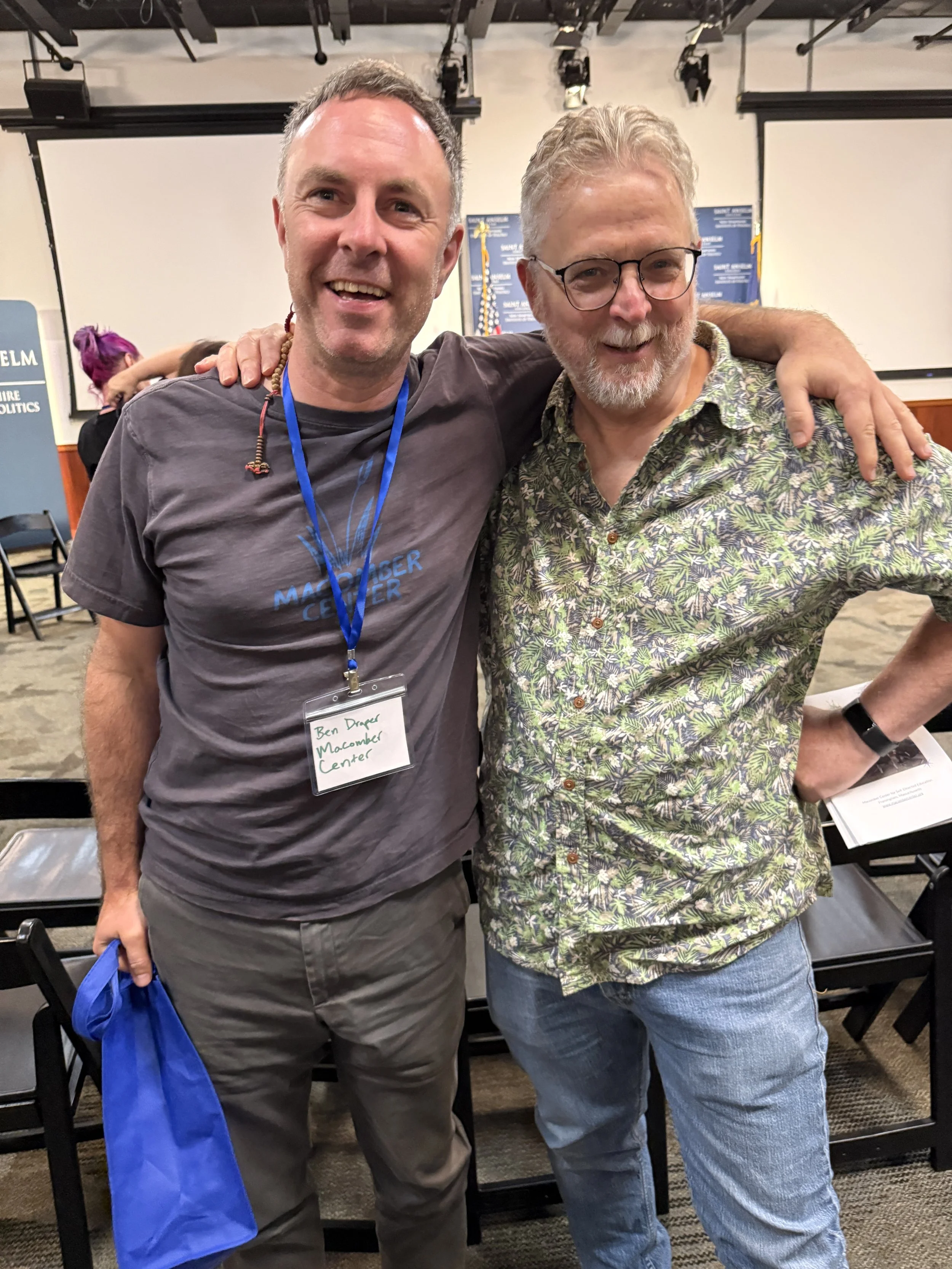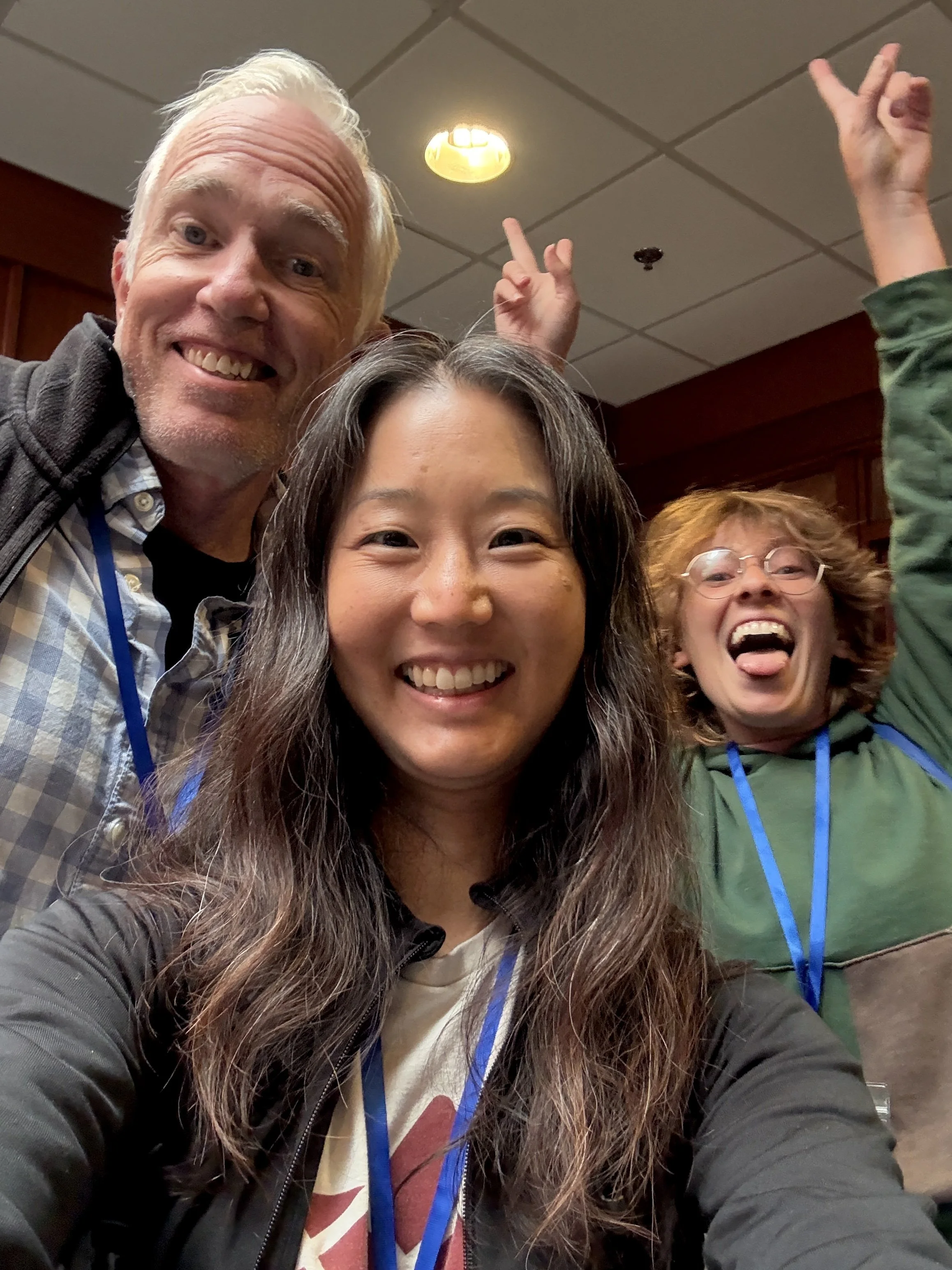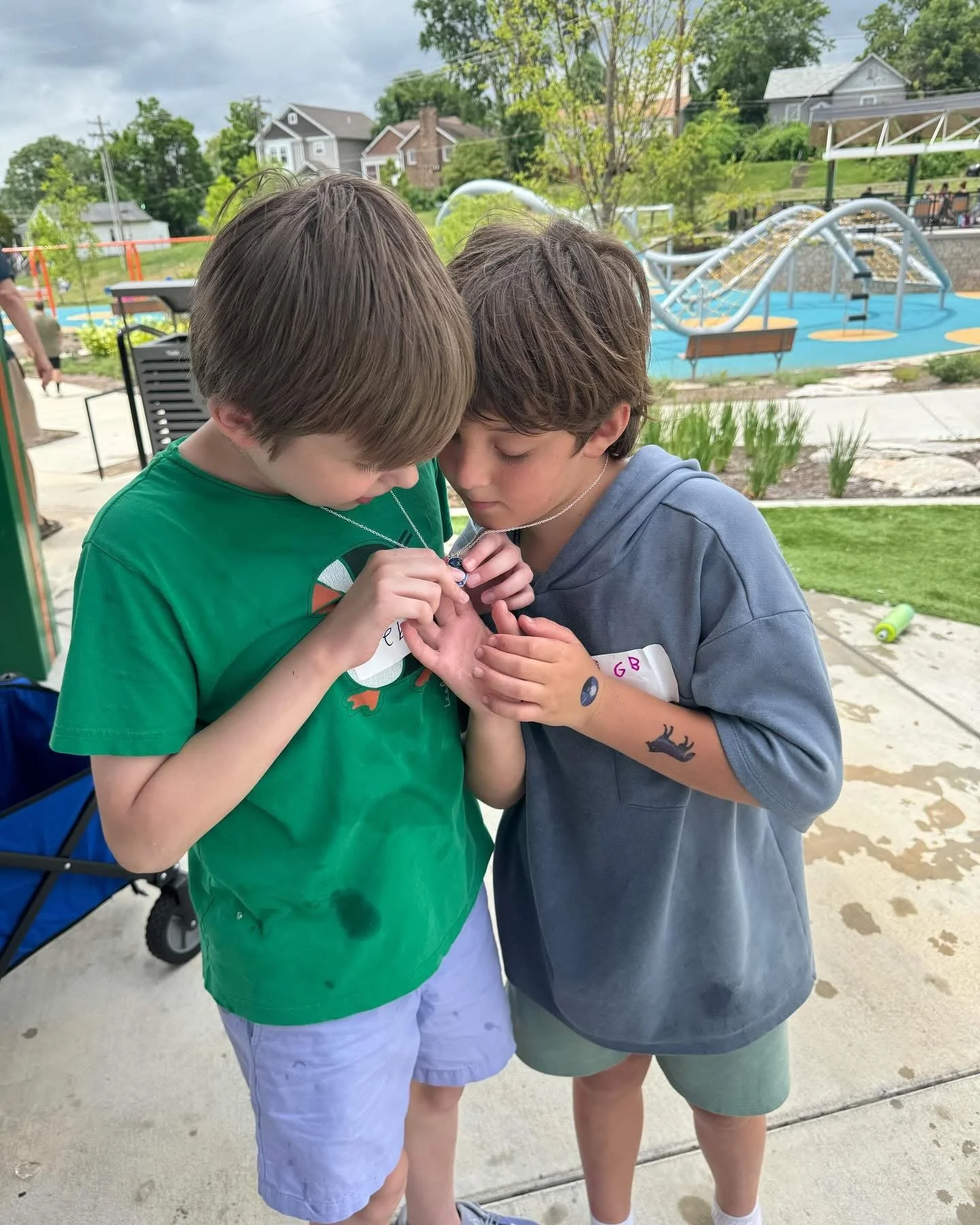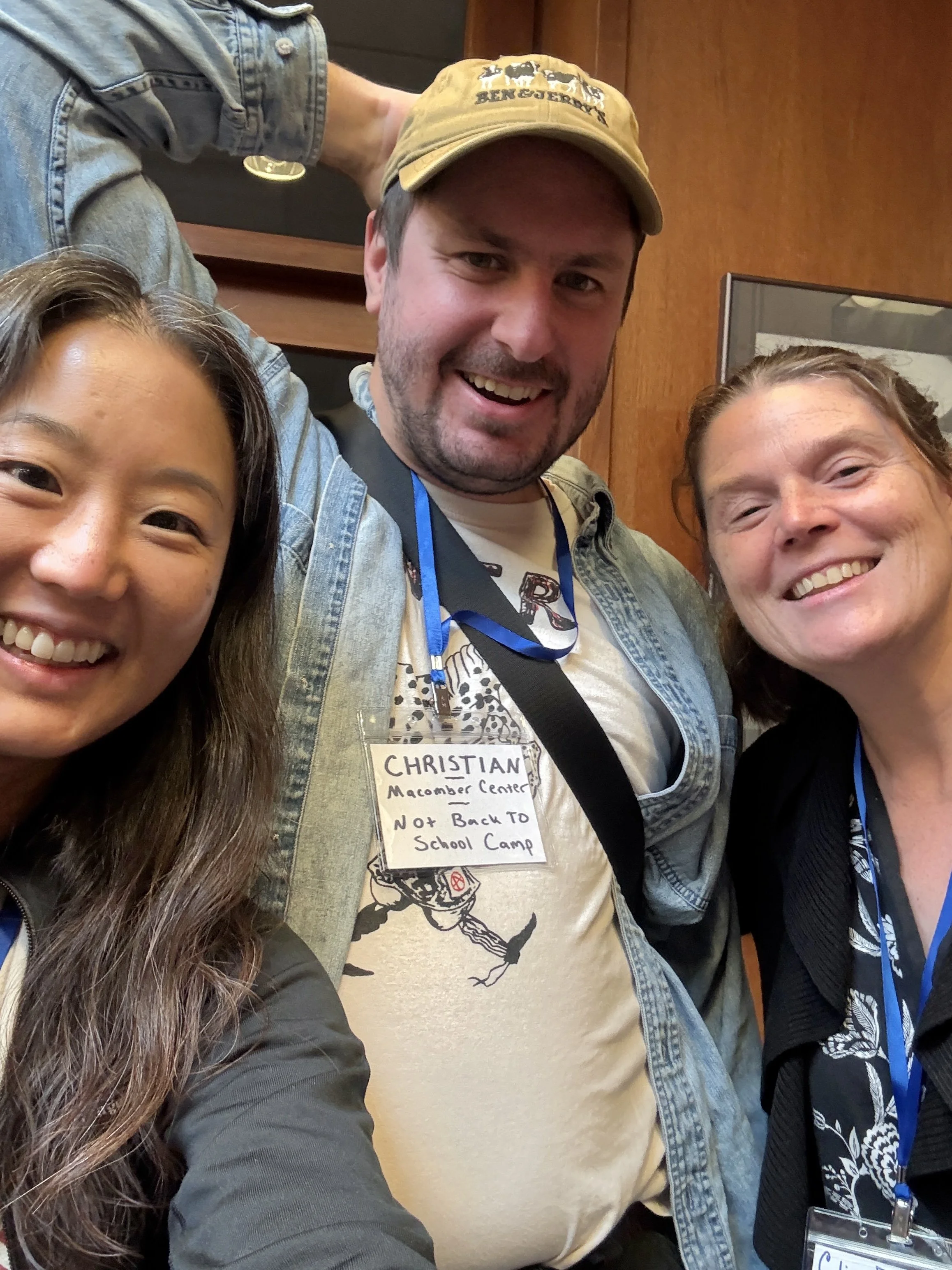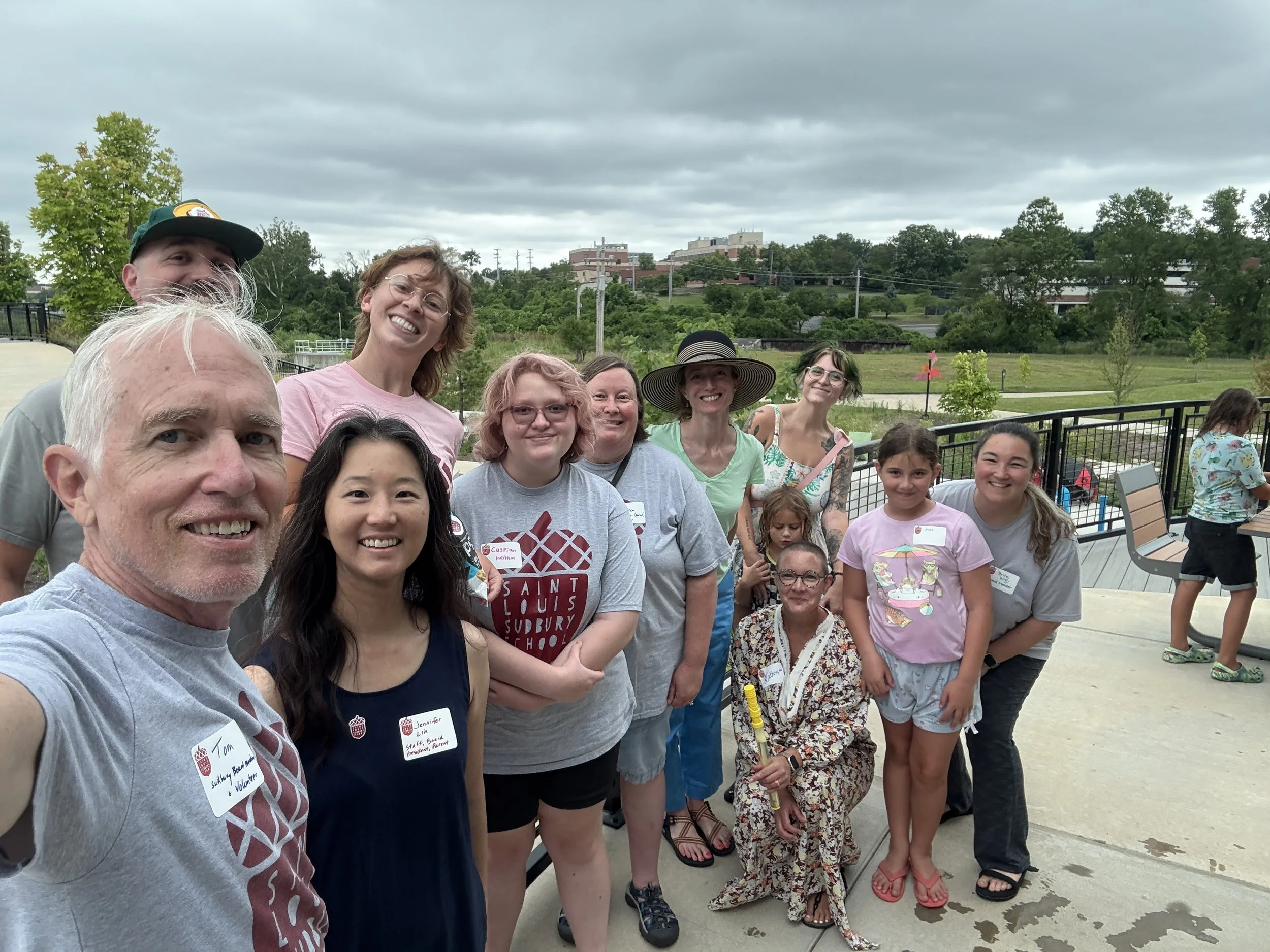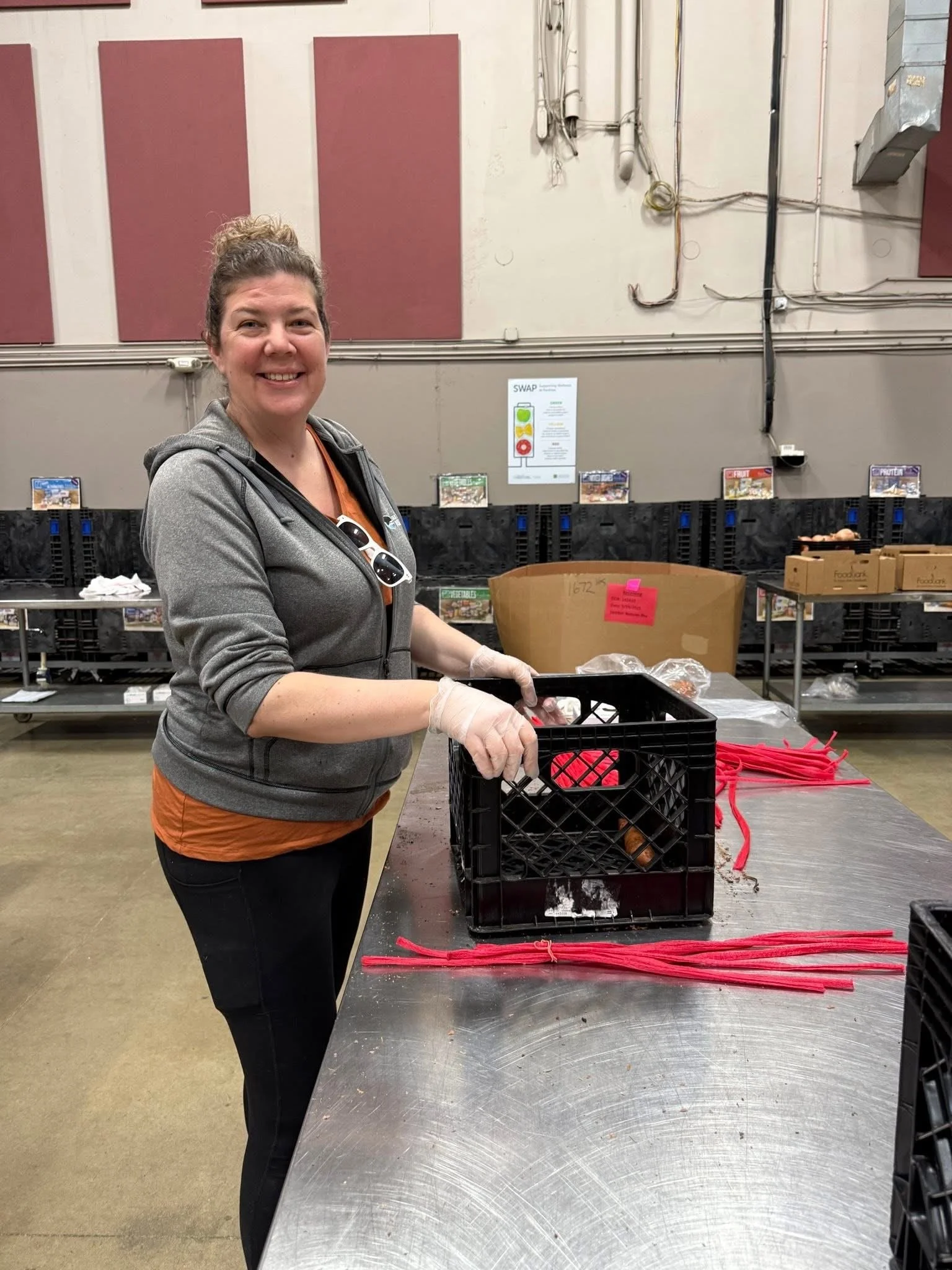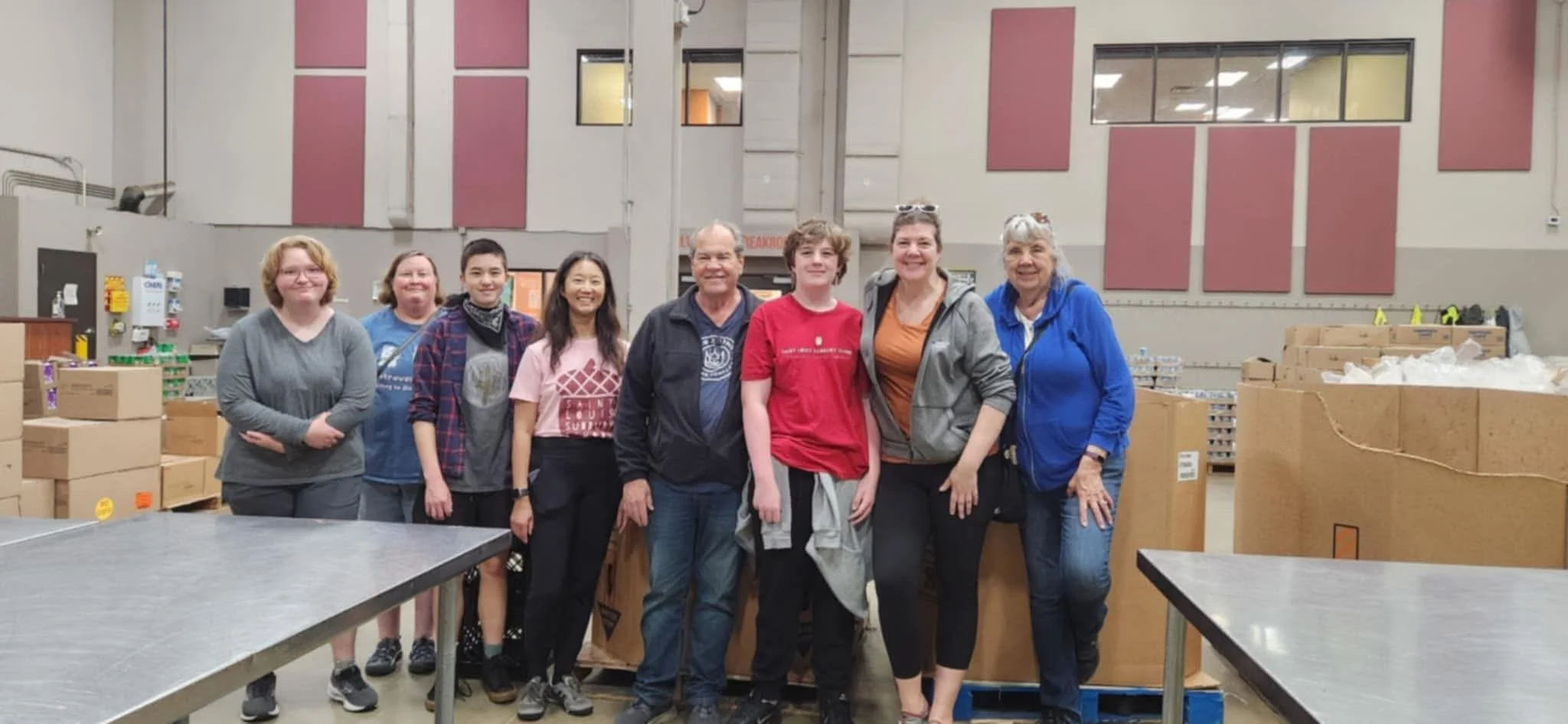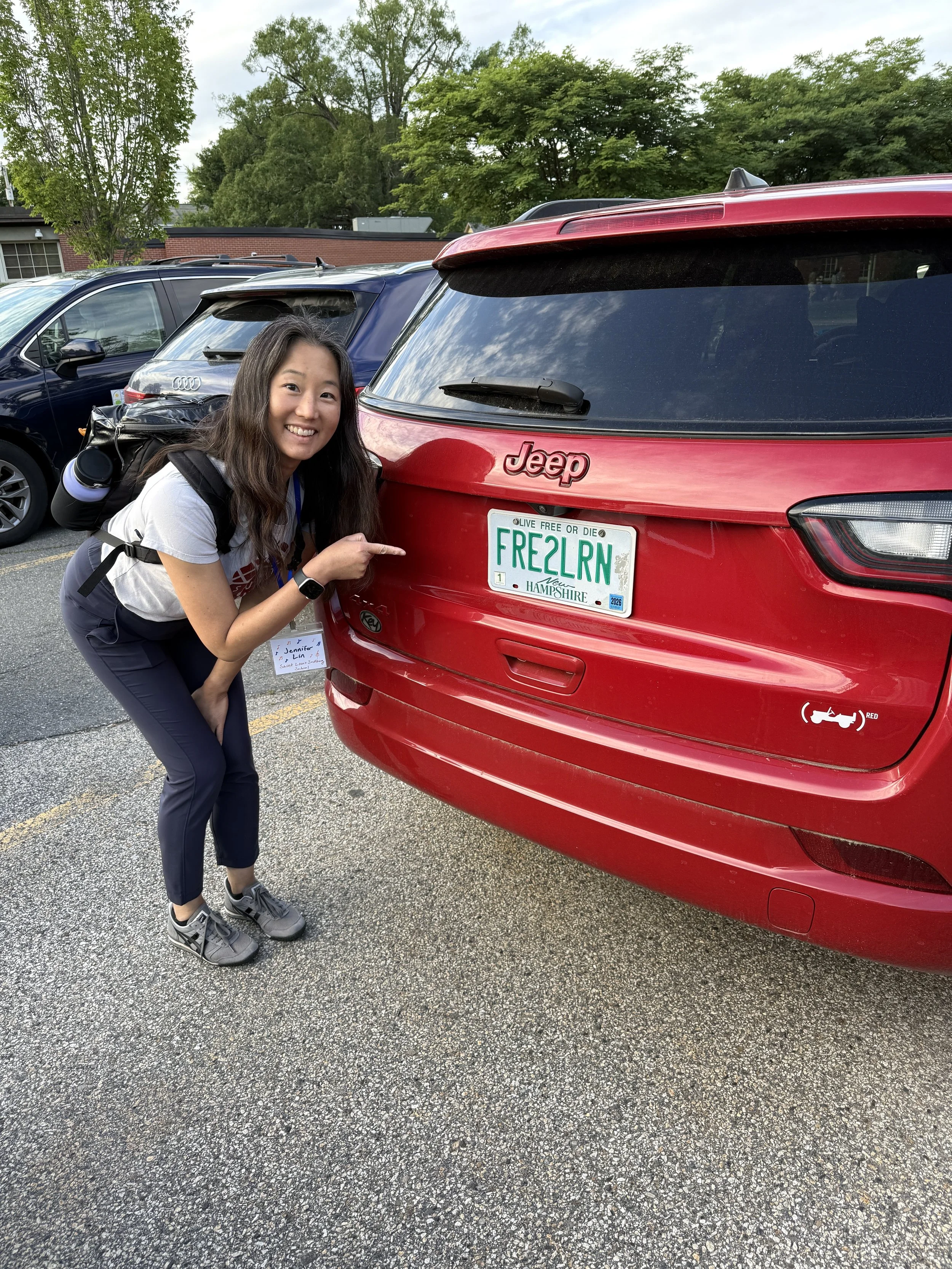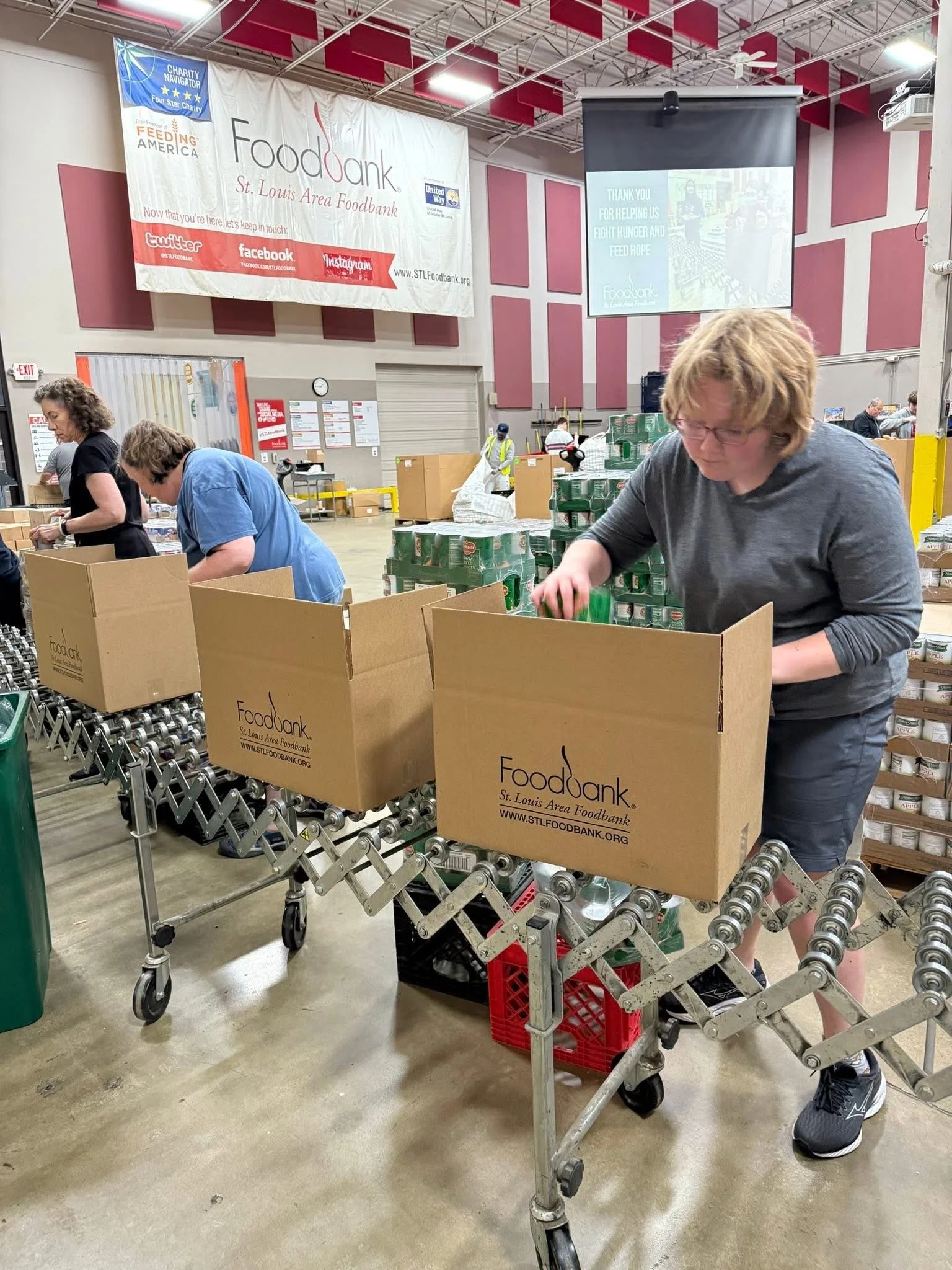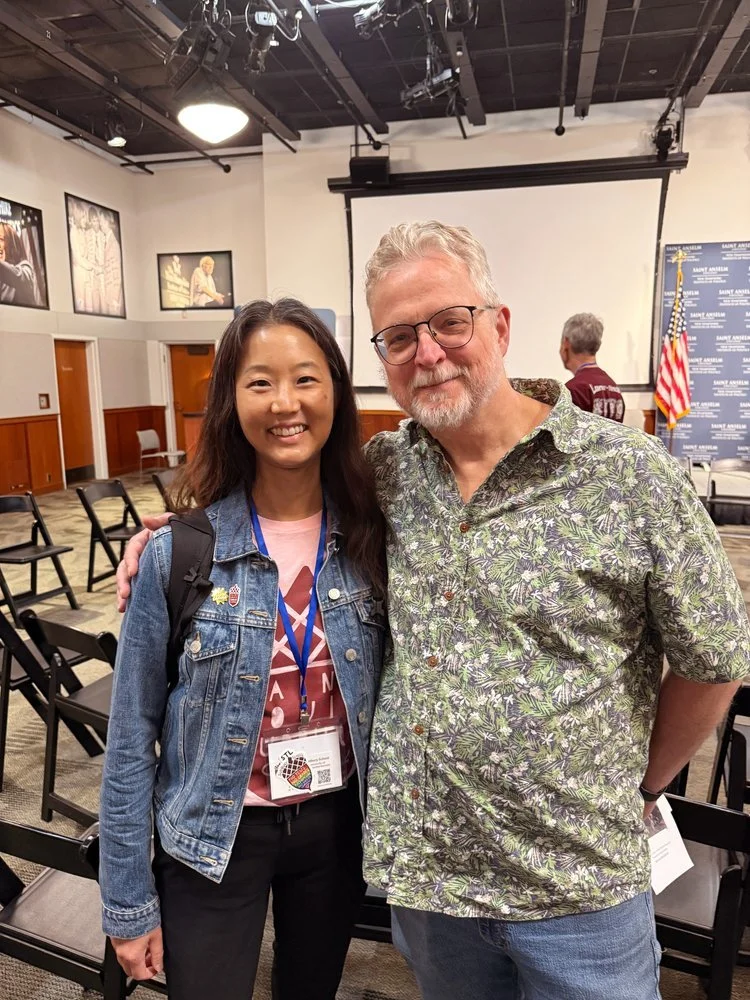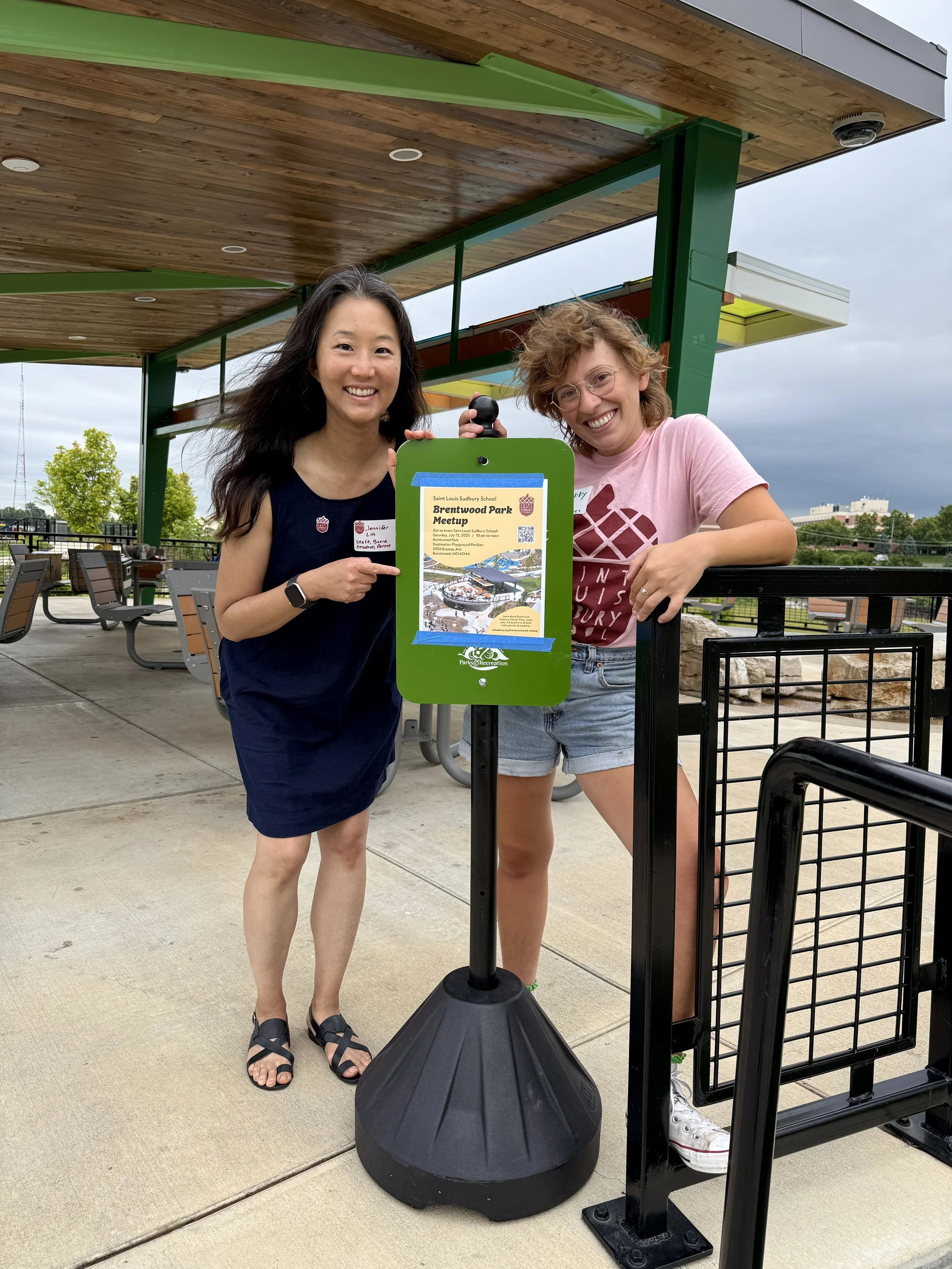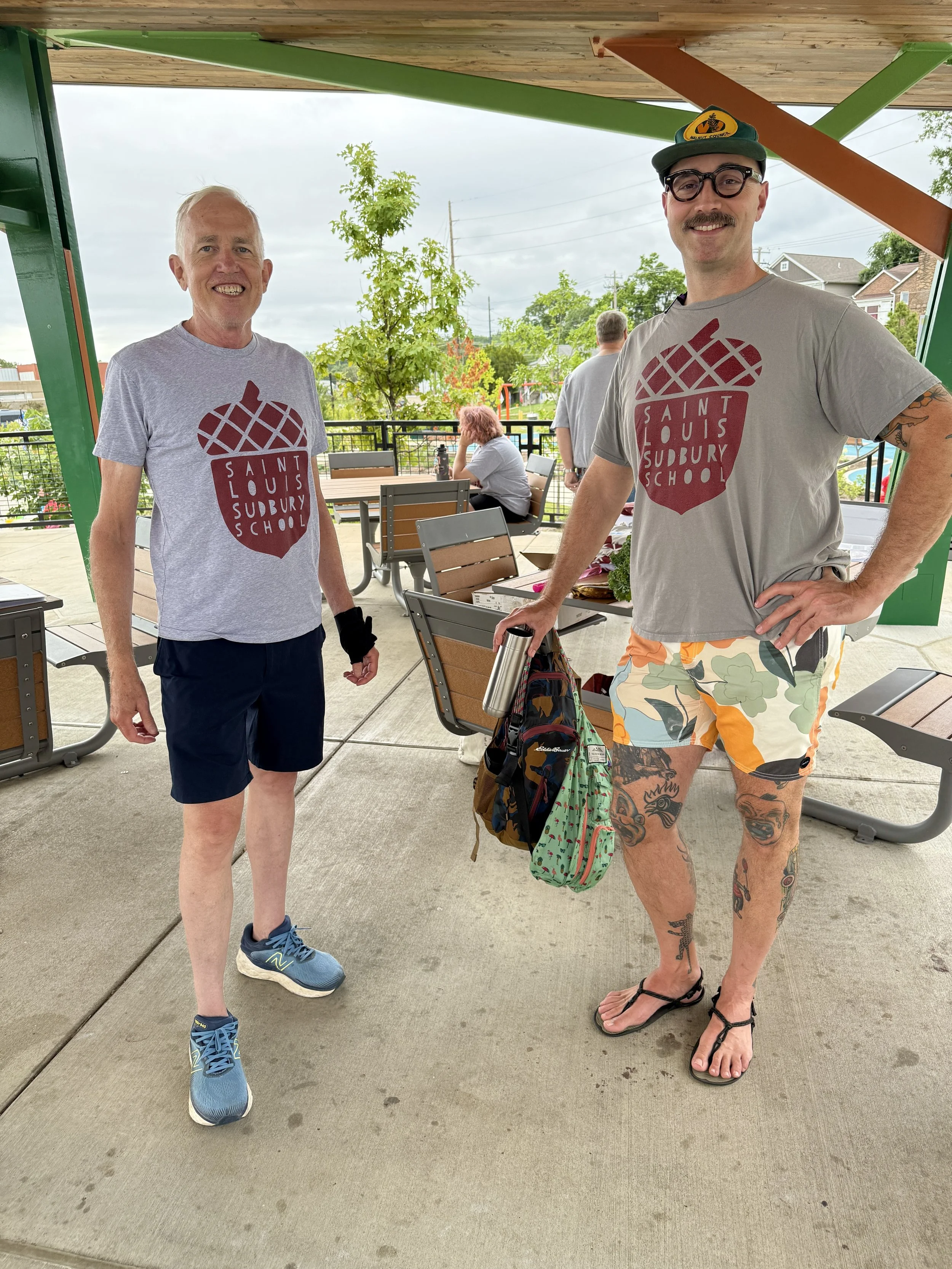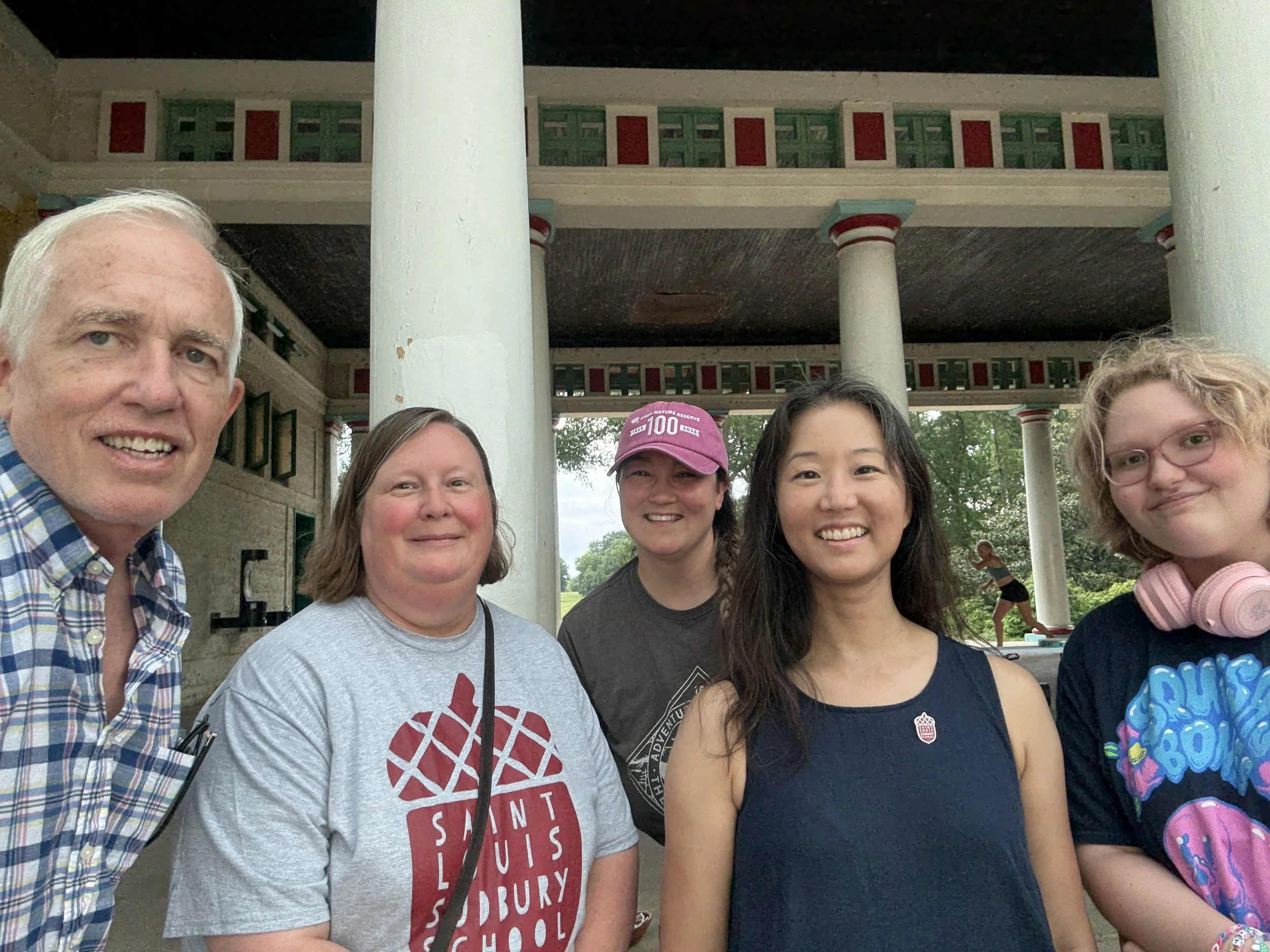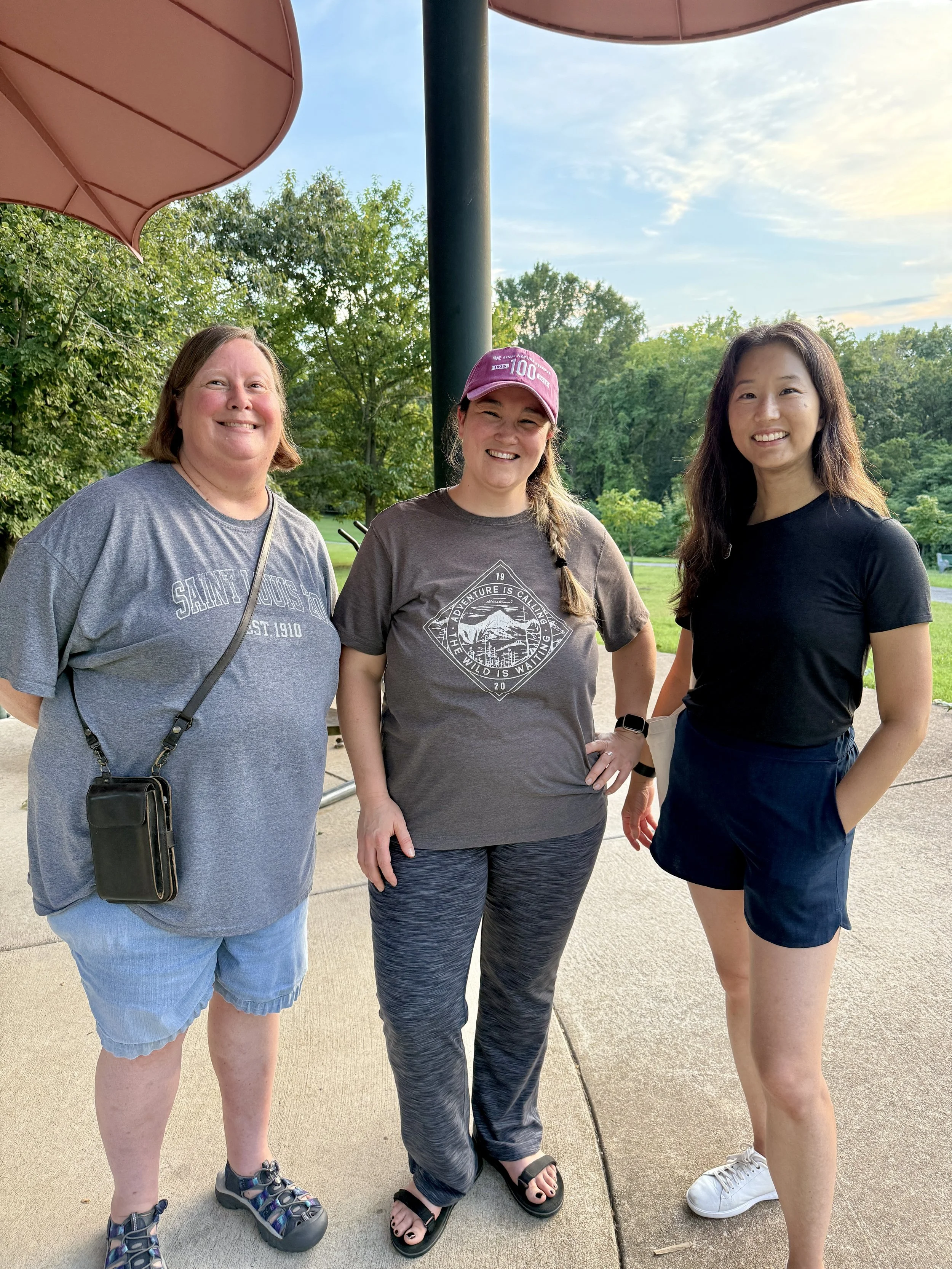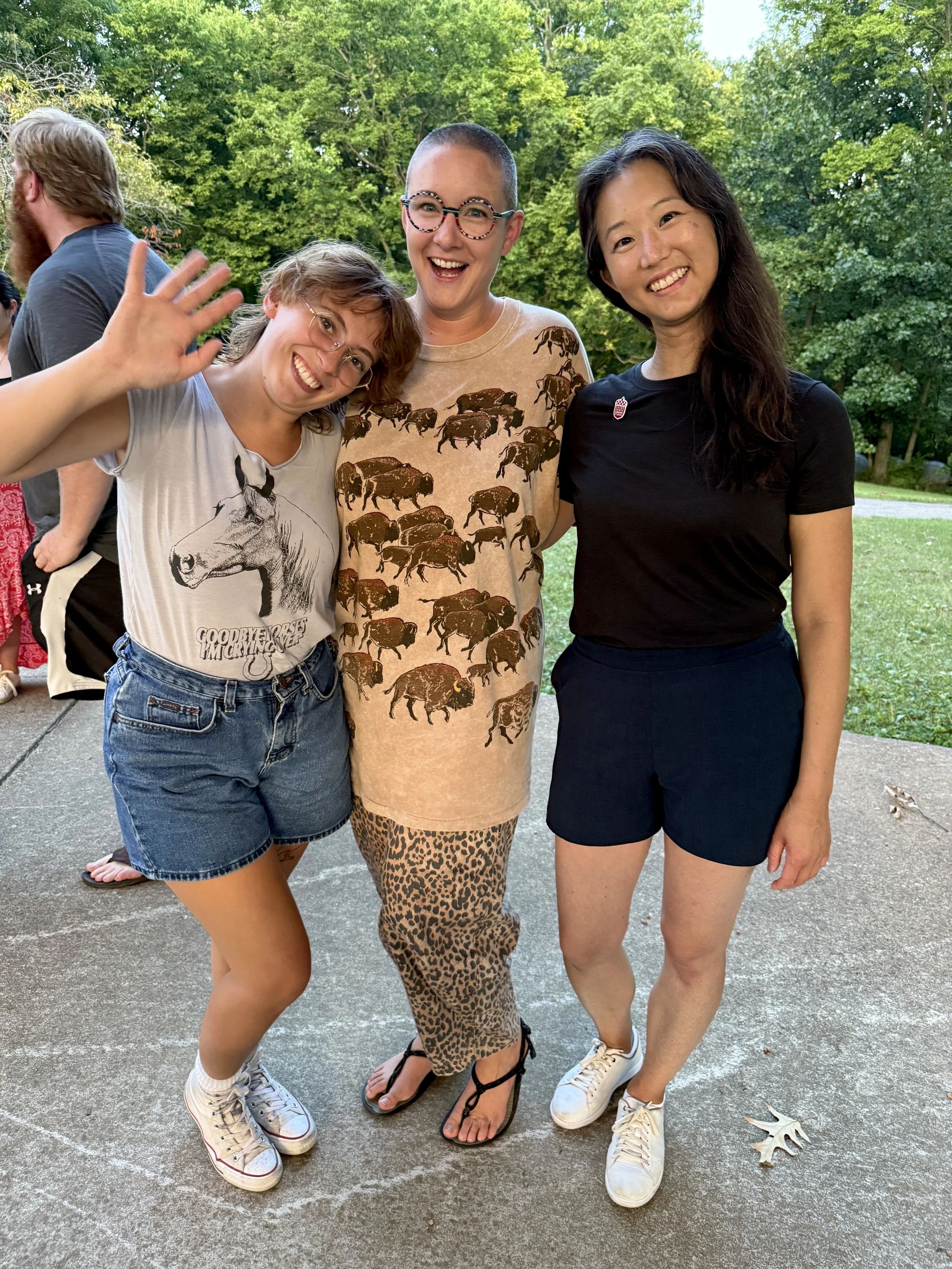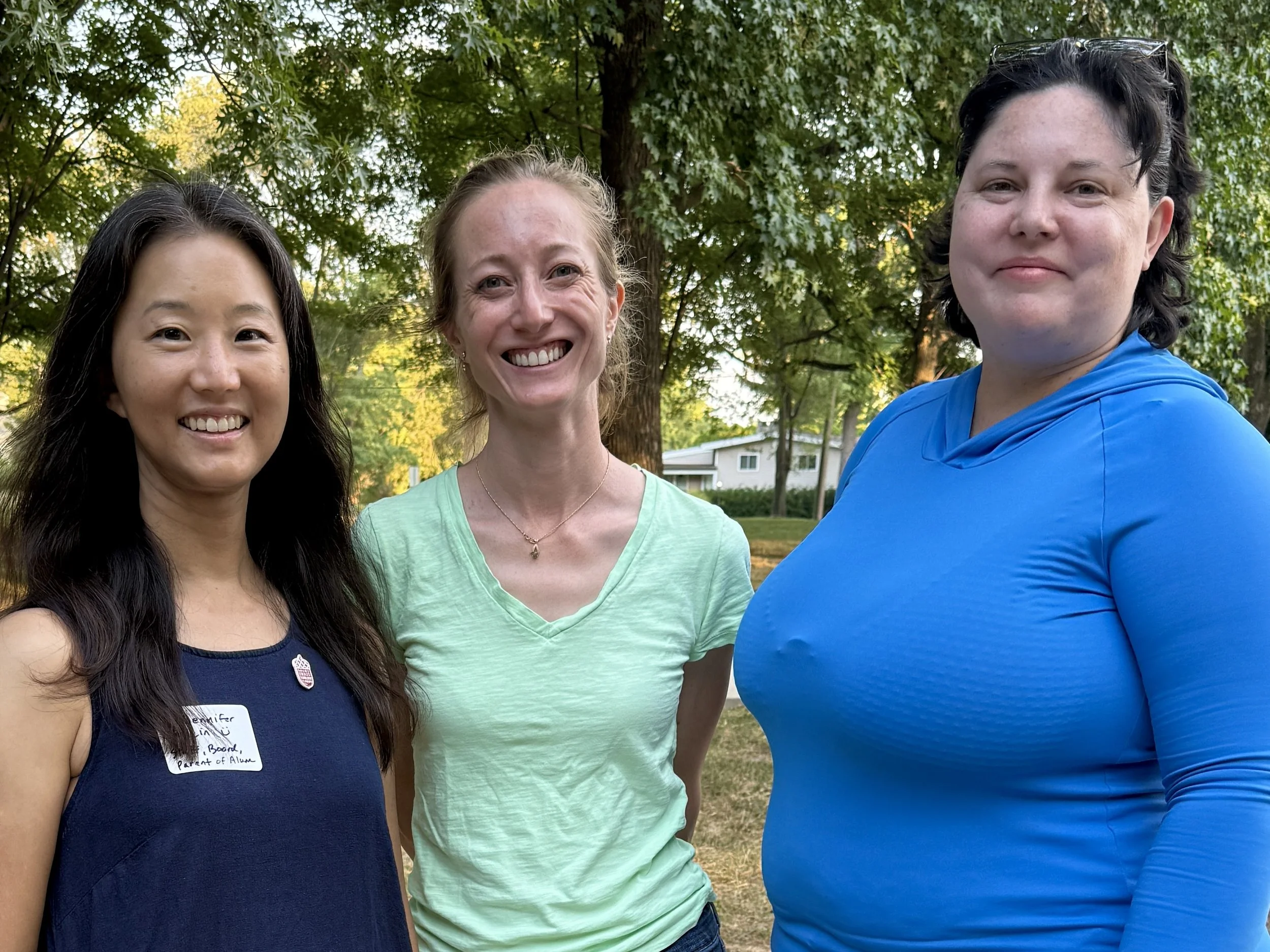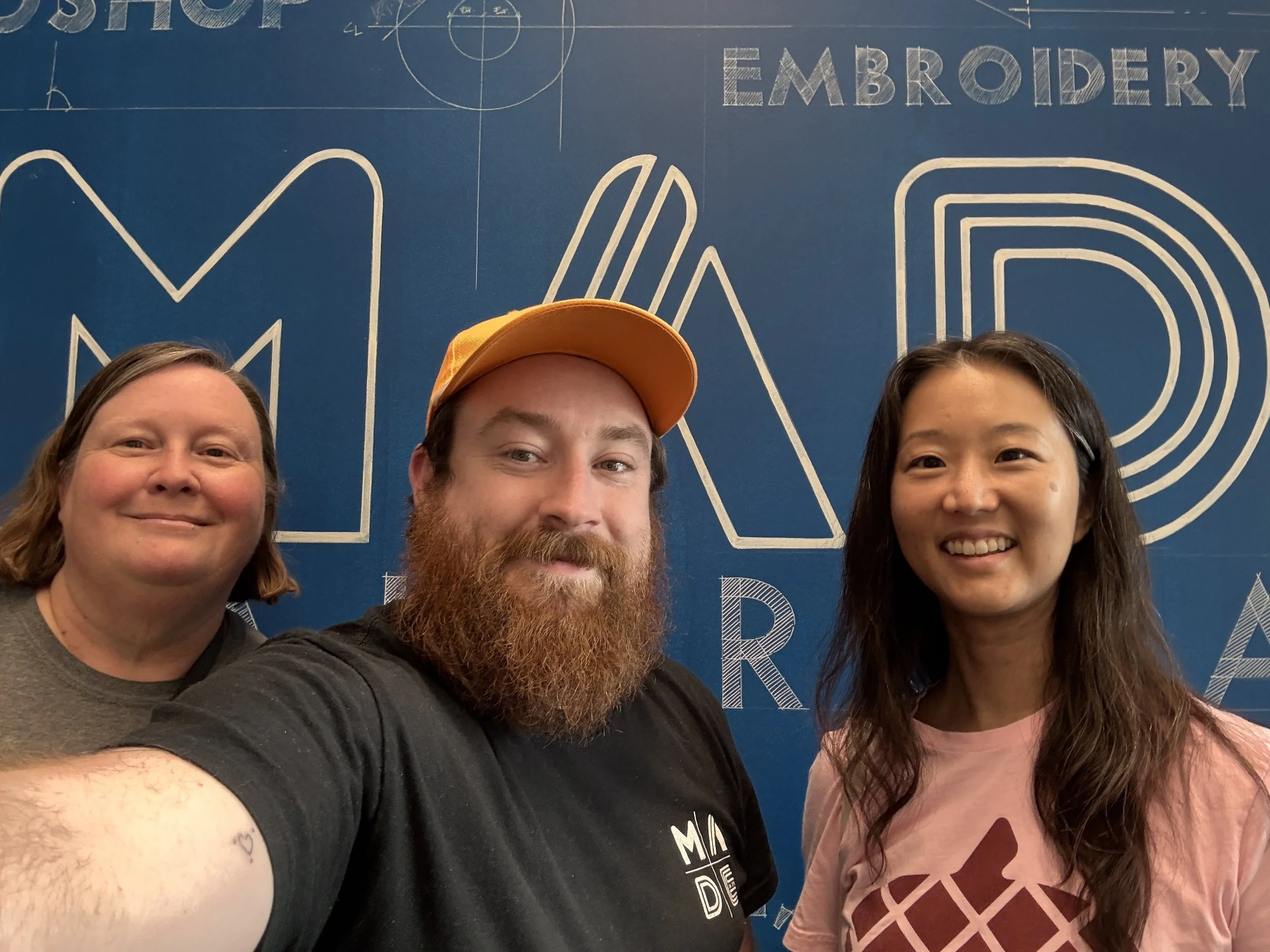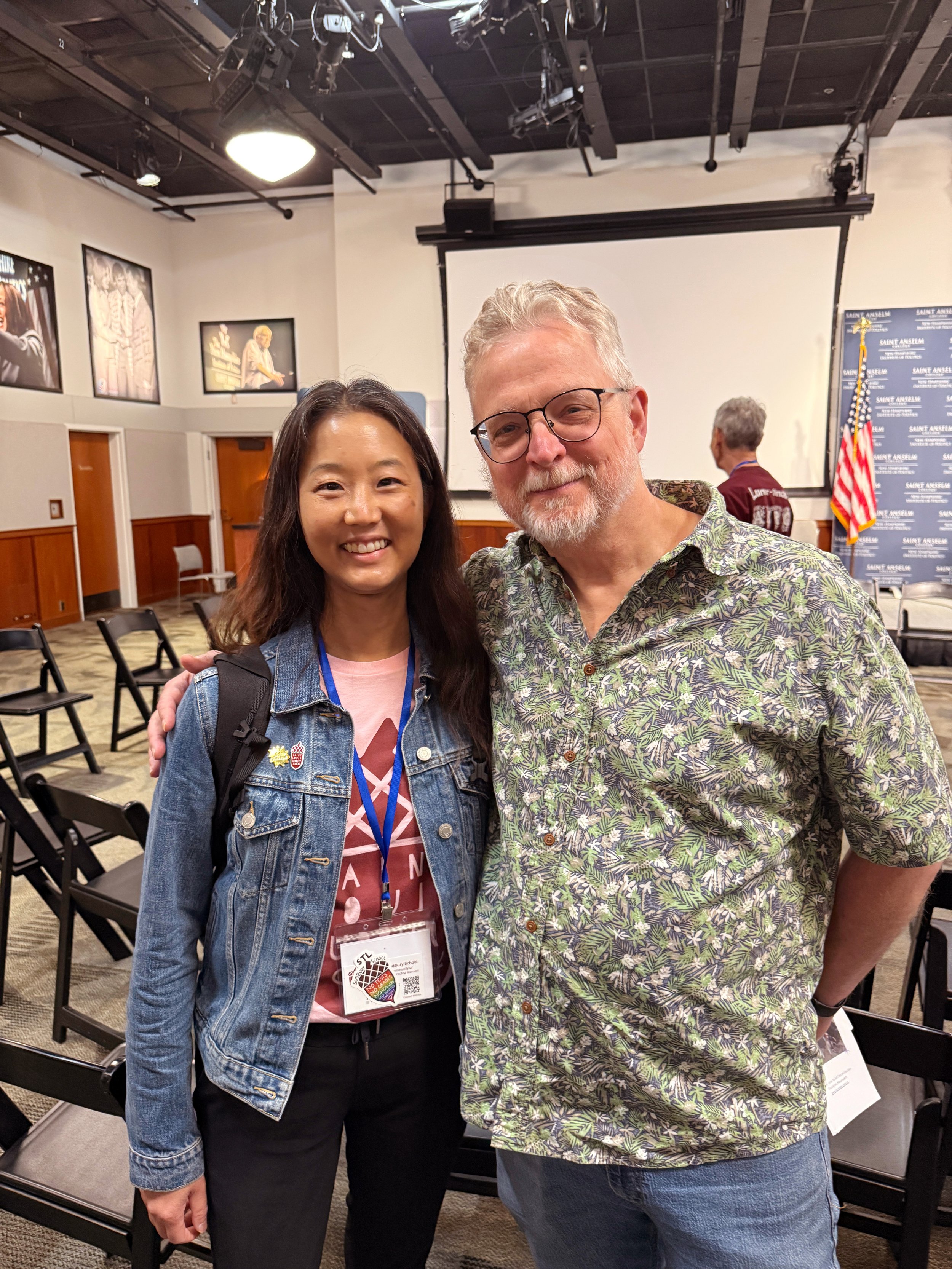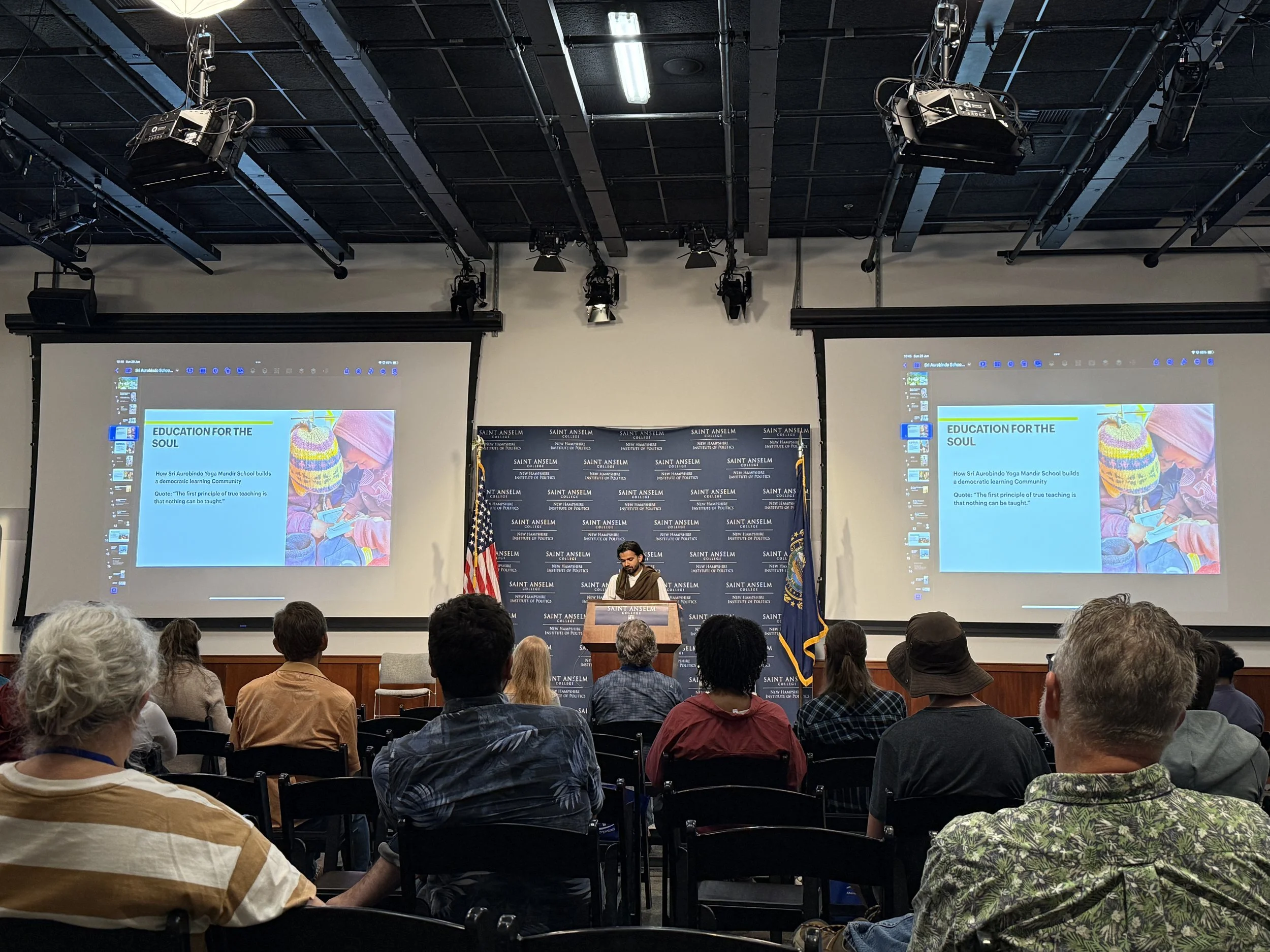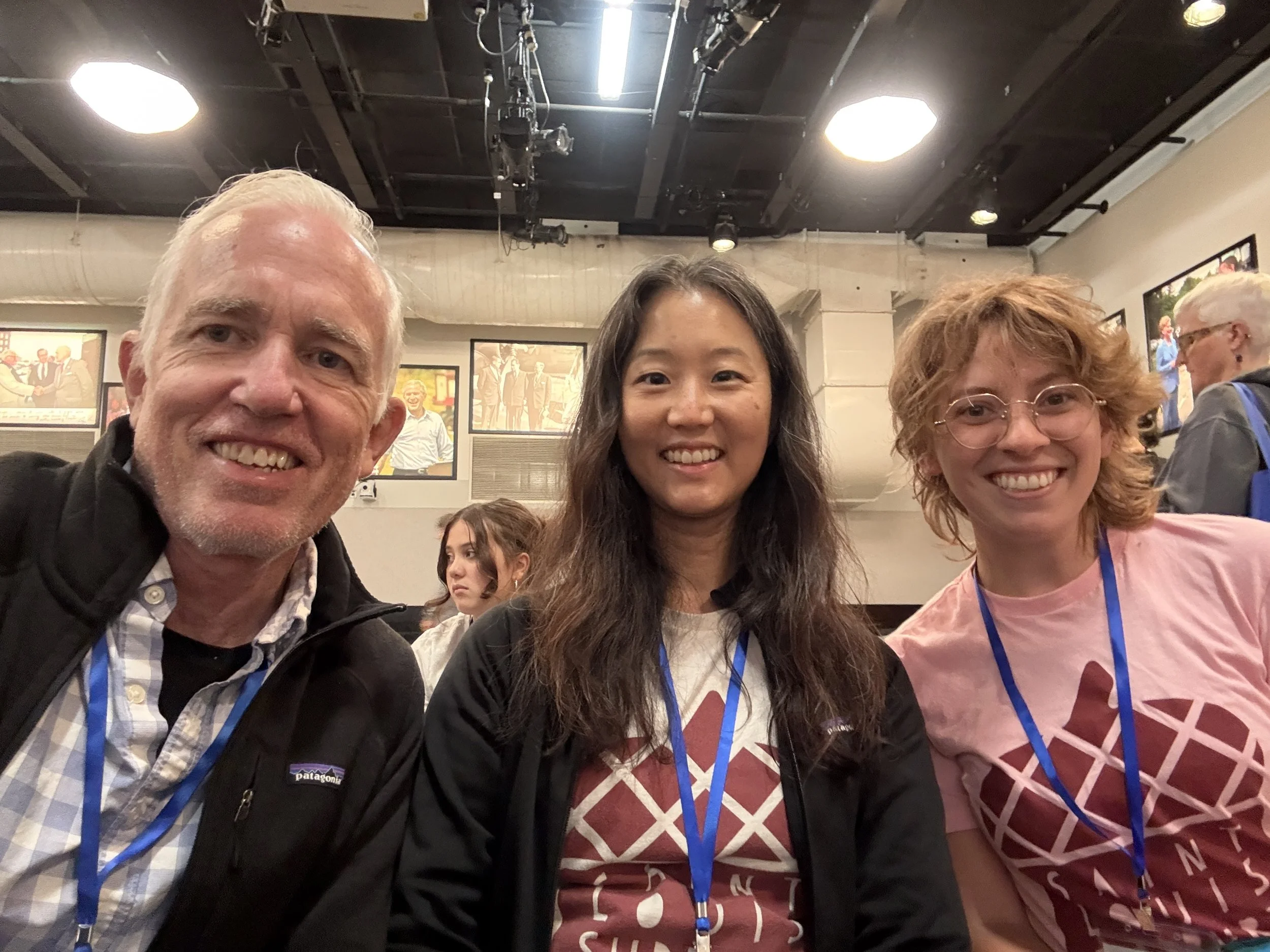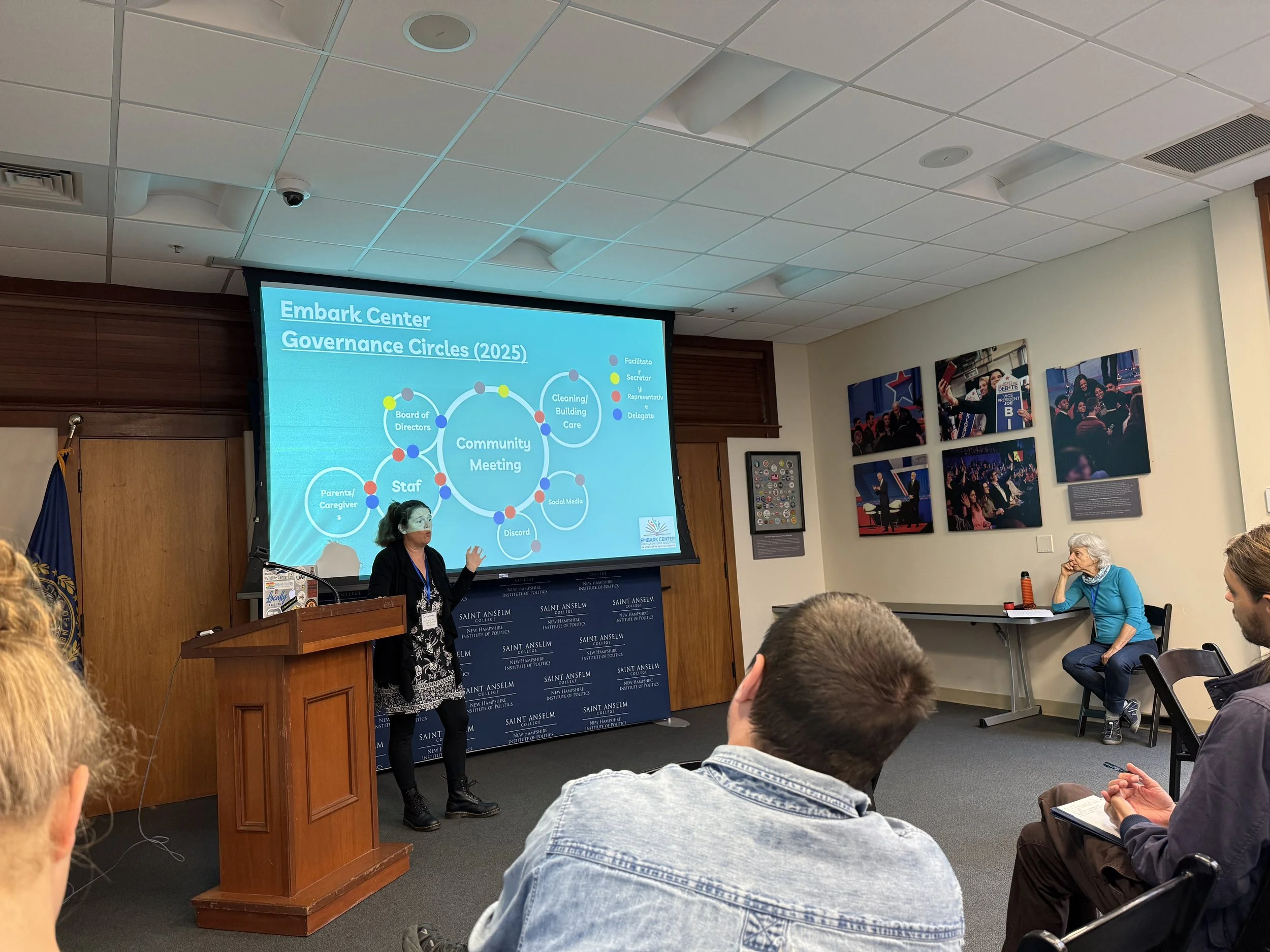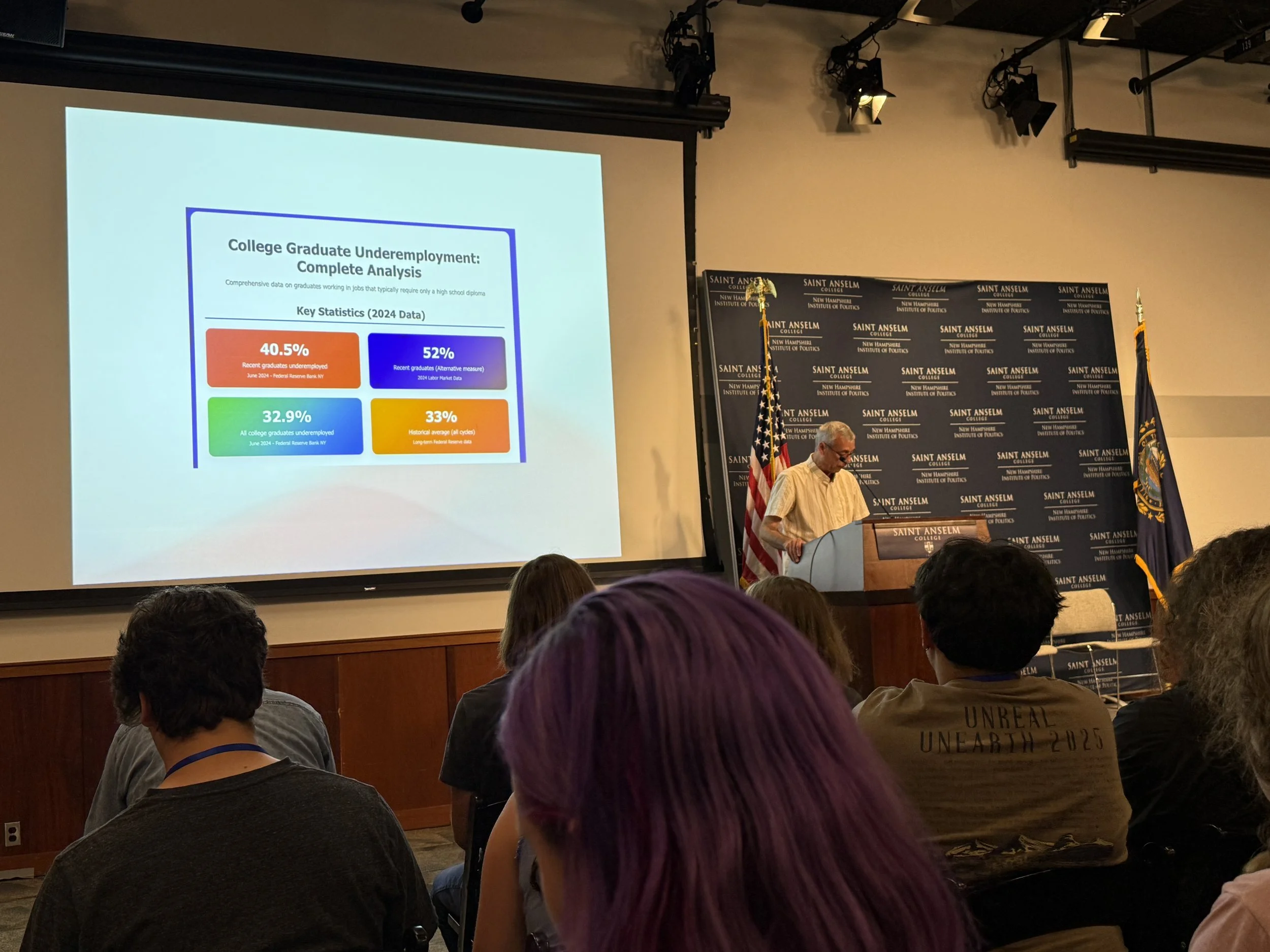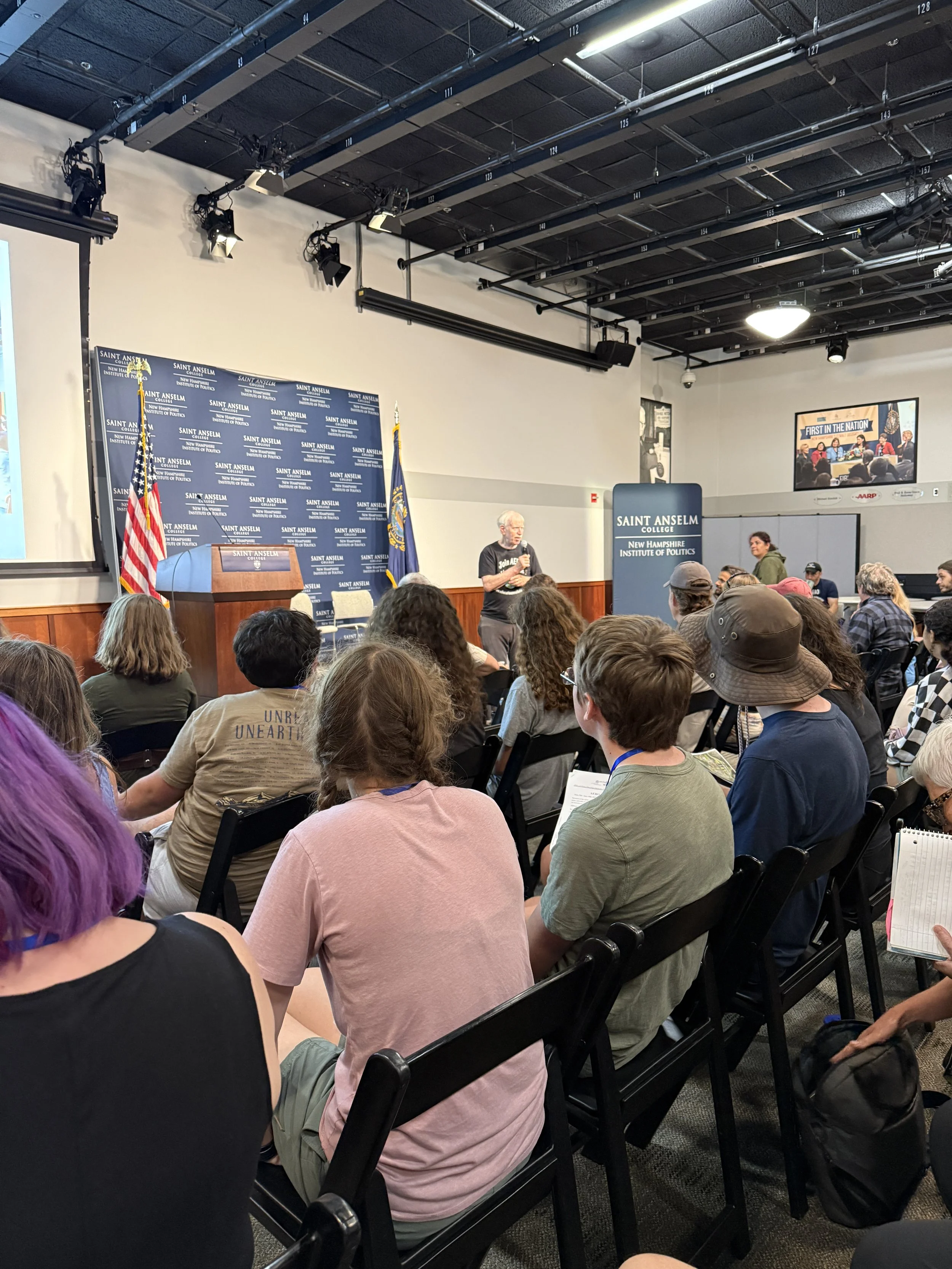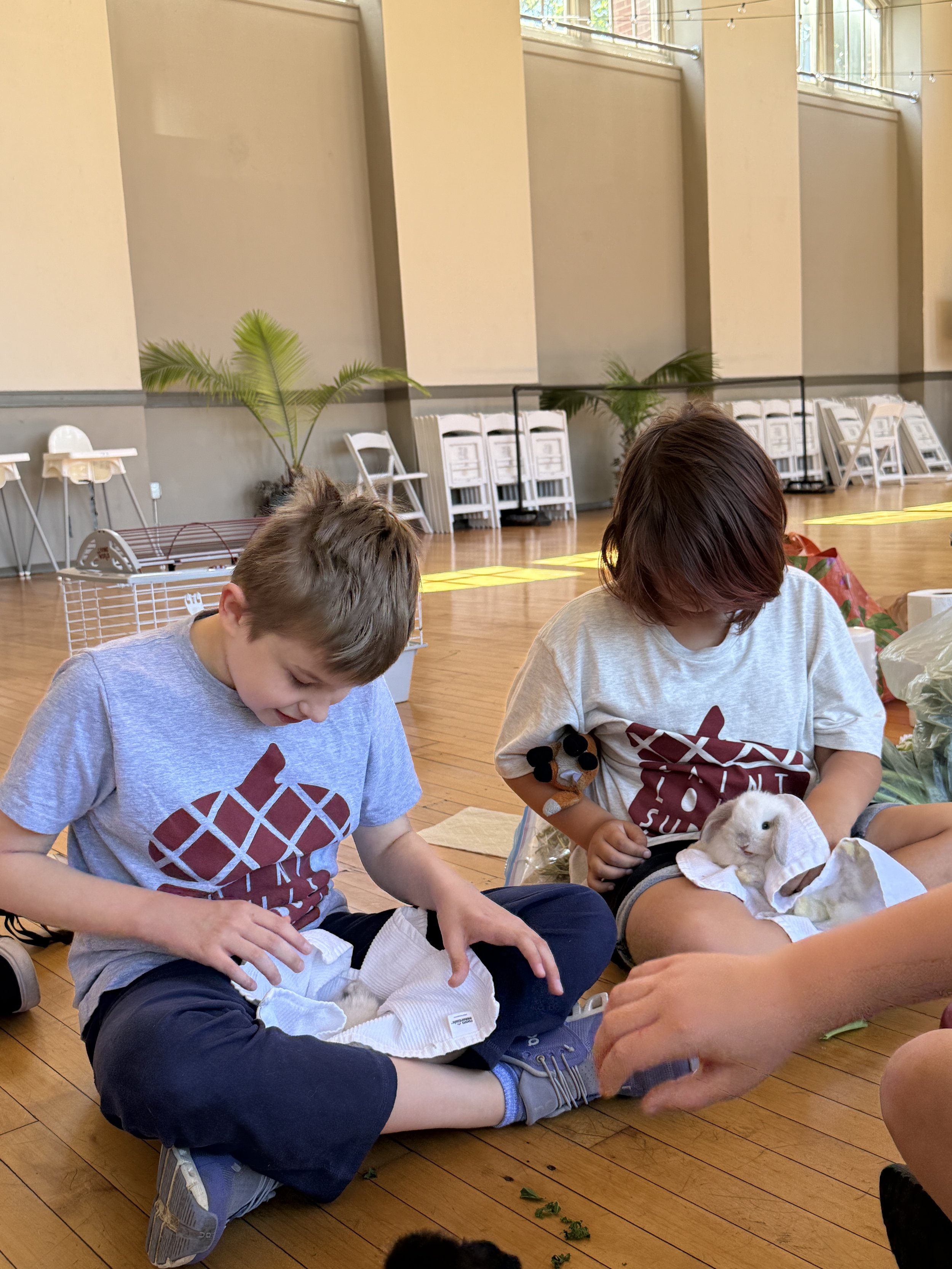Tuesday, December 2, 2025
GivingTuesday is a Movement that Unleashes the Power of Radical Generosity Around the World.
GivingTuesday reimagines a world built upon shared humanity and generosity.
The GivingTuesday global network collaborates year-round to inspire generosity around the world, with a common mission to build a world where generosity is part of everyday life. Whether it’s making someone smile, helping a neighbor or stranger out, showing up for an issue or people you care about, or giving some of what you have to those who need our help, every act of generosity counts, and everyone has something to give.
Saint Louis Sudbury School students, families, staff, volunteers, board members, and community partners live generosity every day. This GivingTuesday we would like to highlight some of our favorite nonprofits in the St. Louis region. Please consider offering your support to these wonderful organizations who are making an important impact on life in St. Louis! Click on the logos below to learn about more these local nonprofits.
Intersect Arts Center
Stray Rescue of Saint Louis
Operation Food Search
Circle of Concern Food Pantry
St. Louis Area Foodbank
Metro Theater Company
Care STL
Seed St. Louis
Resilience Dance Company
Pianos for People
Action St. Louis
Bread and Roses Missouri
Saint Louis Sudbury School
Also, please consider making a donation to Saint Louis Sudbury School’s fundraiser. Your contribution makes it possible for students throughout the St. Louis region to have access to a unique and essential educational choice—one that results in young people feeling capable and empowered to live a satisfying life whatever that may be. Also, your gift goes far beyond our region! As Sudbury students’ life skills of perceptiveness, honesty, insight, critical thinking, imagination, kindness, and willingness to try and learn about new things changes their outlook on life, their happiness at school affects life at home, which affects their parents’ daily life, which affects the people that are connected to the parents’ networks, and onwards.
Our school community thrives and truly still exists today because of the incredible generosity of in-kind contributions (donated services and goods), dedicated volunteers and parents, gifts from individual donors and community partners, and advice and research from the many staff of Sudbury inspired model schools around the world. Due to the highly competitive school market of St. Louis and considering that many of our families require significant amounts of tuition assistance, our school must fundraise nearly half of our operating budget for the upcoming school year. Please join our school community as a generous supporter of the only Sudbury model school in the State of Missouri and advocate for reimagining what learning and living life can be. Thank you!
